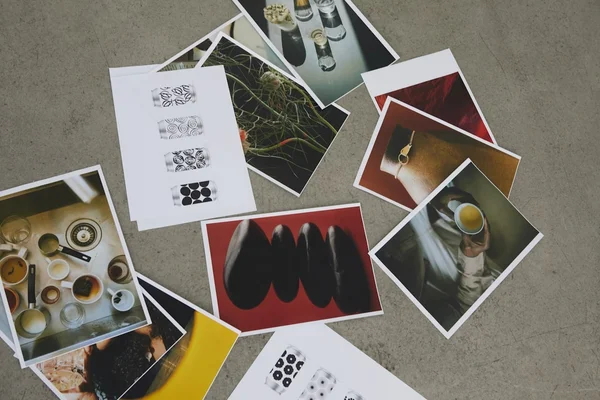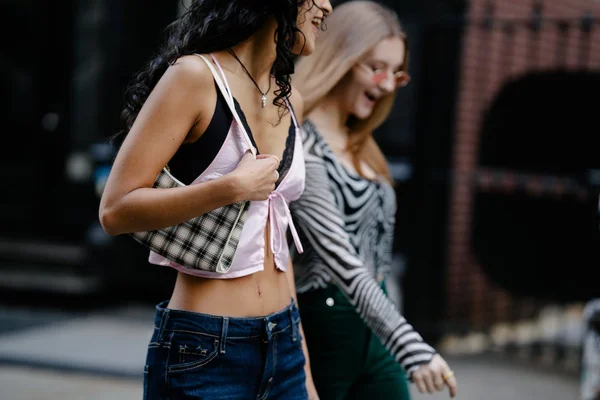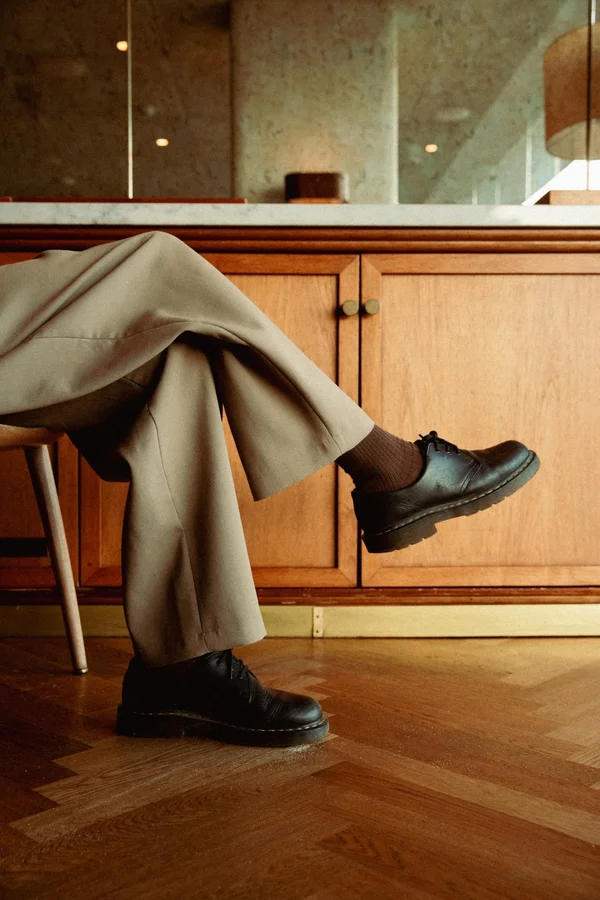The Future 40: Shaping Fashion's Next Era
By Team Whering published 22/04/2025

Welcome to Whering’s 2025 Future 40, our Earth Day spotlight on the visionaries shaping fashion’s next era. This list celebrates the thinkers, creators and change-makers who aren’t just redefining style, but how we consume, communicate and care. From secondhand stylists and slow fashion educators to investigative journalists and digital disrupters, each person here is doing things differently. And doing them with intention.
They’re challenging overconsumption, calling out greenwashing, and making space for creativity that’s rooted in ethics. Whether it’s restyling charity shop windows, launching no-buy movements, turning recycled tights into furniture or making climate storytelling cool, their methods are personal, bold and impactful. These are people who care. About justice. About the planet. About the future of fashion. And they’re proof that style and substance are better together.
We’re sharing this to inspire, and to remind you that influence doesn’t have to mean apathy. Tag the people who inspire you to shop less, speak up, and rethink what fashion can be. The Future 40 starts here. Who’s next?
1. Aja Barber
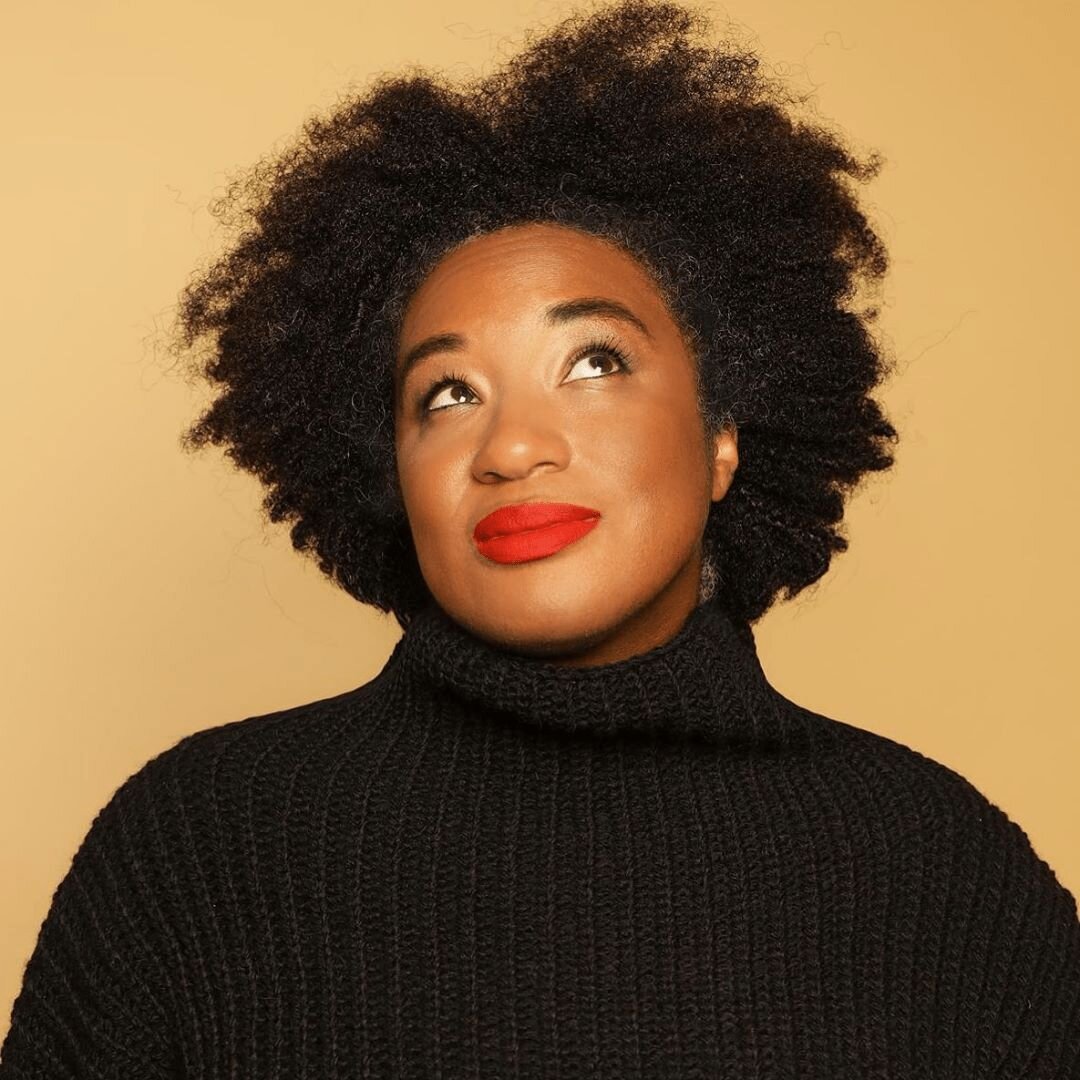
Fair Fashion Campaigner, Author and ELLE UK Contributor
Aja Barber is a fashion consultant and writer based in London. Her book Consumed (2021), which examines the nexus of colonialism, climate, and consumerism in fashion. She uses social media and Patreon to educate about privilege, wealth inequality, and racism in the fashion system, advocating to fix the industry with these issues in mind. Barber’s work (featured in The Guardian, Vogue, etc.) calls for an inclusive, equitable fashion future, promoting re-wearing and sustainable brands.
2. Alden Wicker
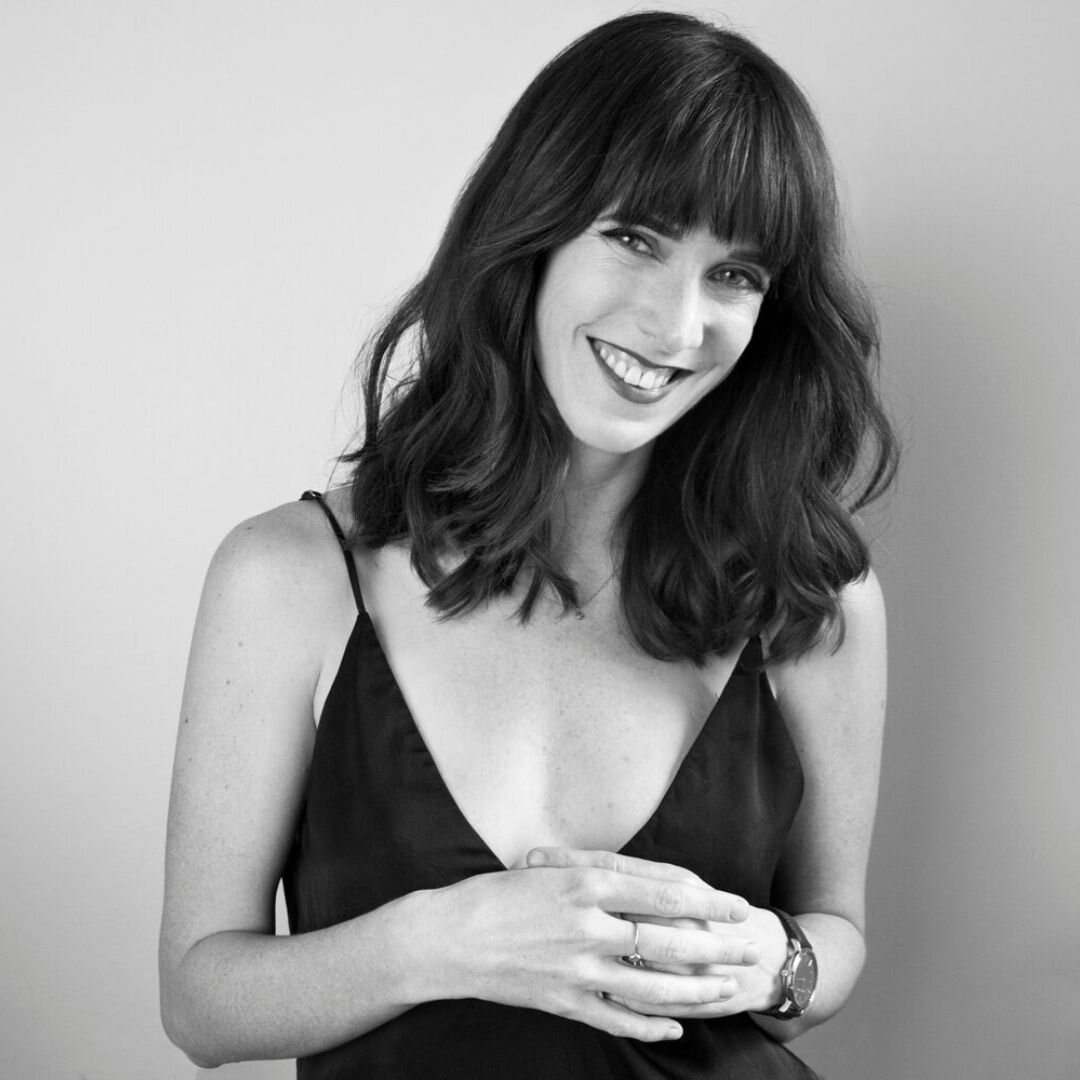
Investigative Journalist
Alden Wicker is an award-winning journalist and founder of EcoCult. She authored To Dye For: How Toxic Fashion Is Making Us Sick (2023), exposing health hazards of chemicals in clothing. An expert in sustainable fashion, Wicker has written for The New York Times and Vogue, focusing on supply chain transparency and toxic materials. She uses investigative research to hold brands accountable and inform consumers.
3. Alec Leach

Author
Alec Leach is a former fashion editor at Highsnobiety and the author of "The World Is On Fire But We're Still Buying Shoes," a book critiquing the fashion industry's role in promoting overconsumption. In his work, Leach examines how marketing and hype culture fuel unsustainable consumer behaviors and offers a manifesto for a more intentional relationship with fashion.
Leach also founded @future__dust, a platform dedicated to exploring sustainable fashion narratives. Through his writing and consultancy, he challenges both consumers and brands to reconsider the environmental and ethical implications of their choices.
4. Allison Bornstein
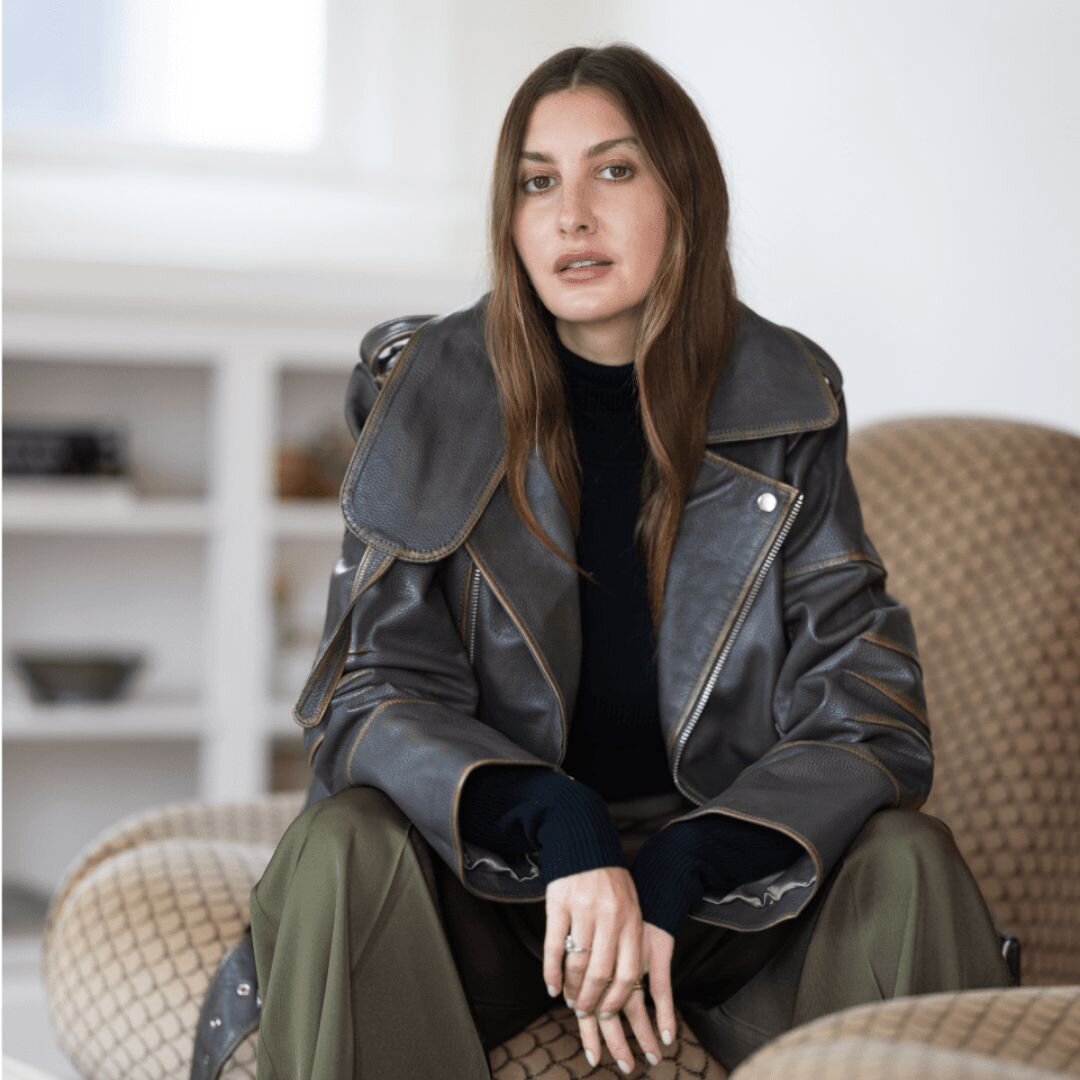
Author, Content Creator
Allison Bornstein is a New York and Los Angeles-based stylist and wardrobe consultant renowned for her innovative approach to personal style and sustainable fashion. Transitioning from celebrity styling to empowering individuals, she emphasizes mindful consumption and self-expression through clothing.
Allison is the author of Wear It Well, the creator of the Three-Word Method and an advocate for sustainable fashion. Her approach centers on the belief that fashion is a form of wellness. She advocates for intentional dressing, where clothing choices are aligned with one's identity and values, reducing reliance on fast fashion and promoting.
5. Amy Powney
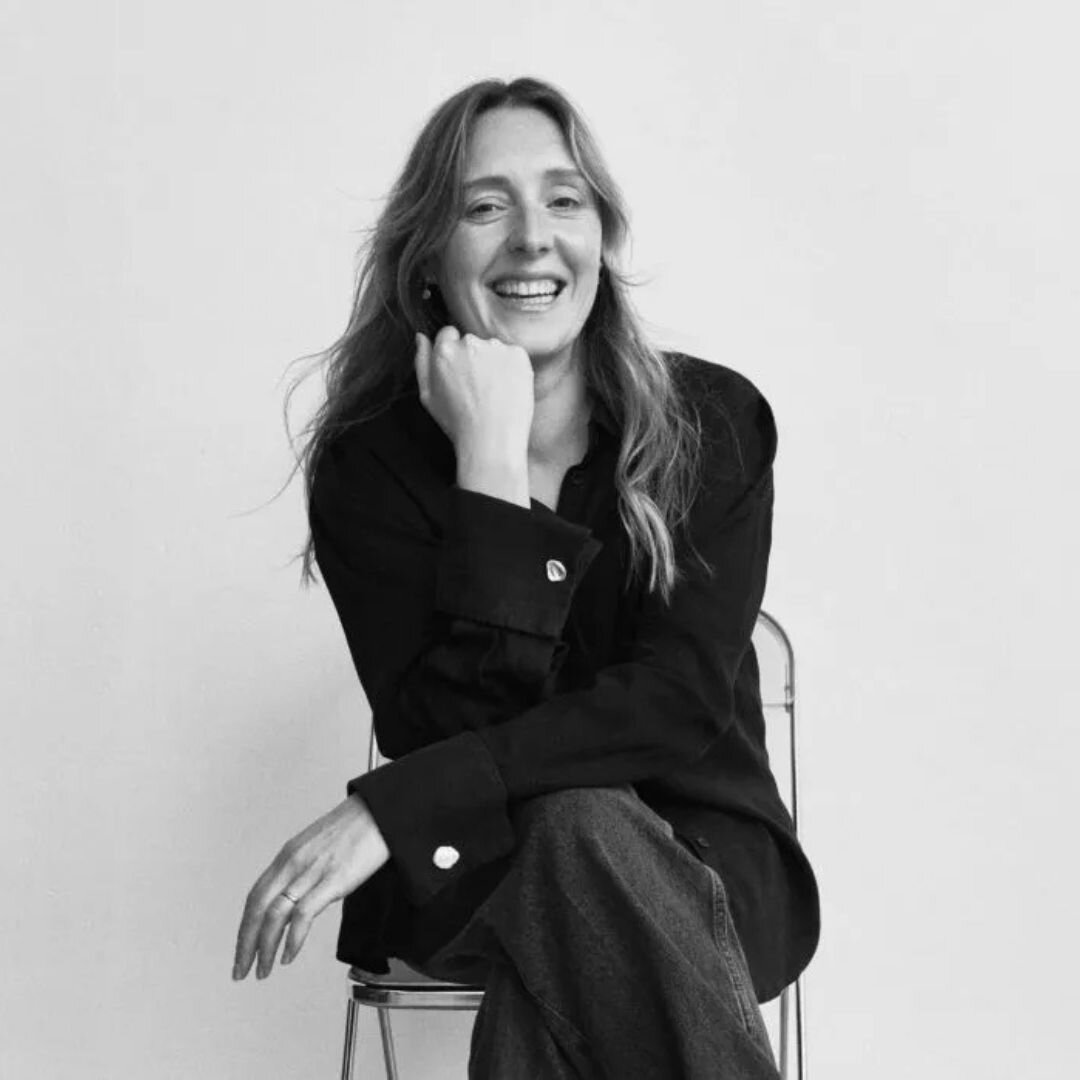
Former Creative Director, Mother of Pearl
Amy Powney is a UK-based fashion designer renowned for her commitment to sustainability and ethical practices in the fashion industry. Raised off-grid in rural Lancashire, her early life instilled in her a deep respect for nature and self-sufficiency. In 2006, she began her career at the British fashion label Mother of Pearl, starting as a studio assistant and eventually becoming its Creative Director in 2013. Under her leadership, the brand shifted towards a more sustainable and transparent business model, focusing on natural materials and ethical supply chains.
Amy's journey to create a sustainable fashion line was chronicled in the documentary Fashion Reimagined, which highlights the challenges and triumphs of building an ethical supply chain from scratch. In December 2024, Amy stepped down from her role at Mother of Pearl to launch her own sustainable brand, AKYN, set to debut in May 2025. AKYN aims to continue her mission of creating fashion that is both ethically produced and environmentally responsible.
6. Andrea Cheong
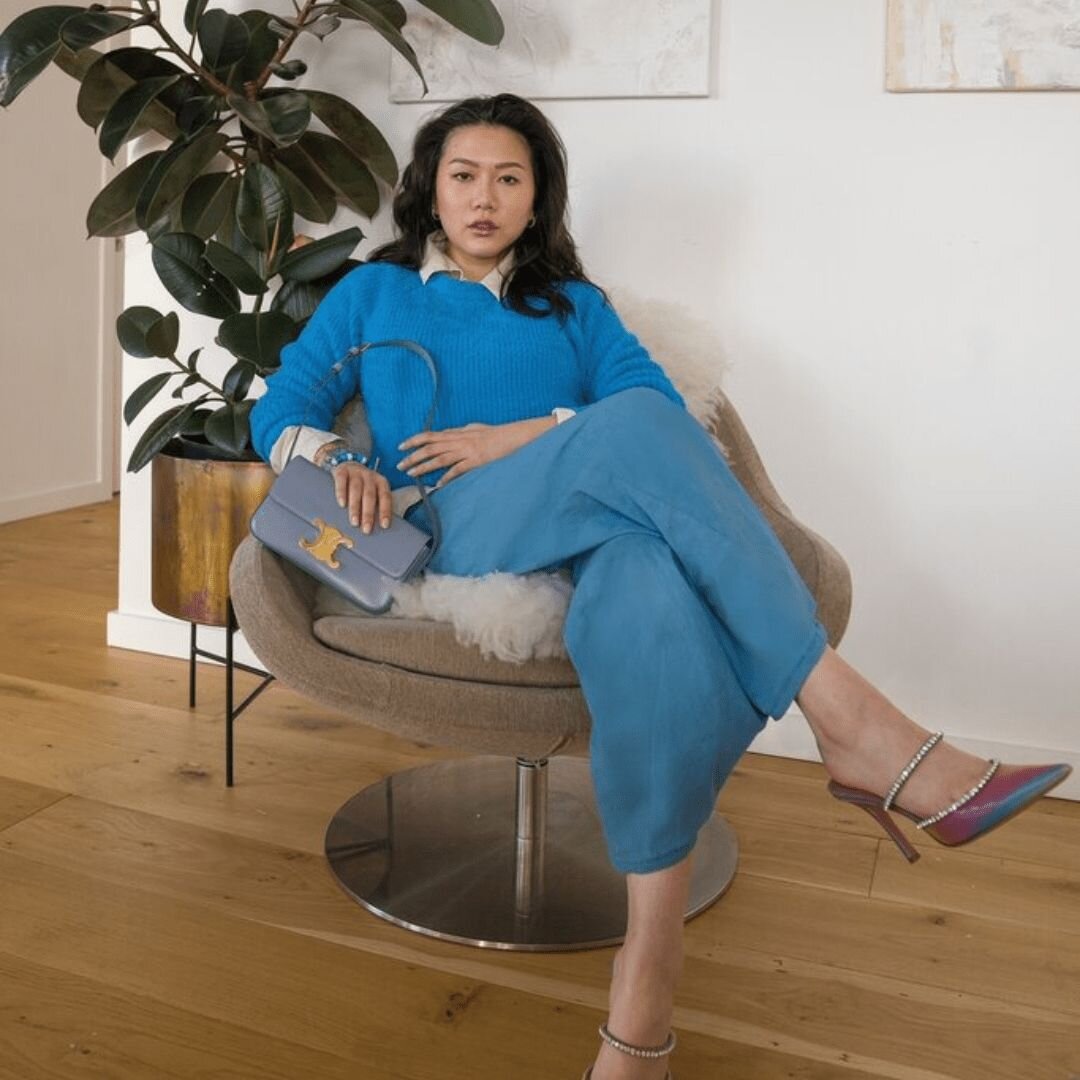
Content Creator
Andrea Cheong is a London-based sustainable fashion educator, author, and digital creator renowned for her practical approach to conscious consumerism. Transitioning from a traditional fashion influencer, she now dedicates her platform to educating audiences on garment quality, ethical production, and mindful shopping habits.
Andrea developed the Mindful Monday Method, a five-step framework designed to help consumers make informed decisions about their wardrobe purchases. This method emphasizes evaluating clothing based on quality, longevity, and ethical considerations rather than fleeting trends.
Through her TikTok and Instagram channels (@andreacheong_), Andrea provides in-depth analyses of clothing items, teaching viewers how to assess fabric quality, construction, and sustainability. Her content demystifies fashion labels and encourages critical thinking about consumption.
7. Bella Webb
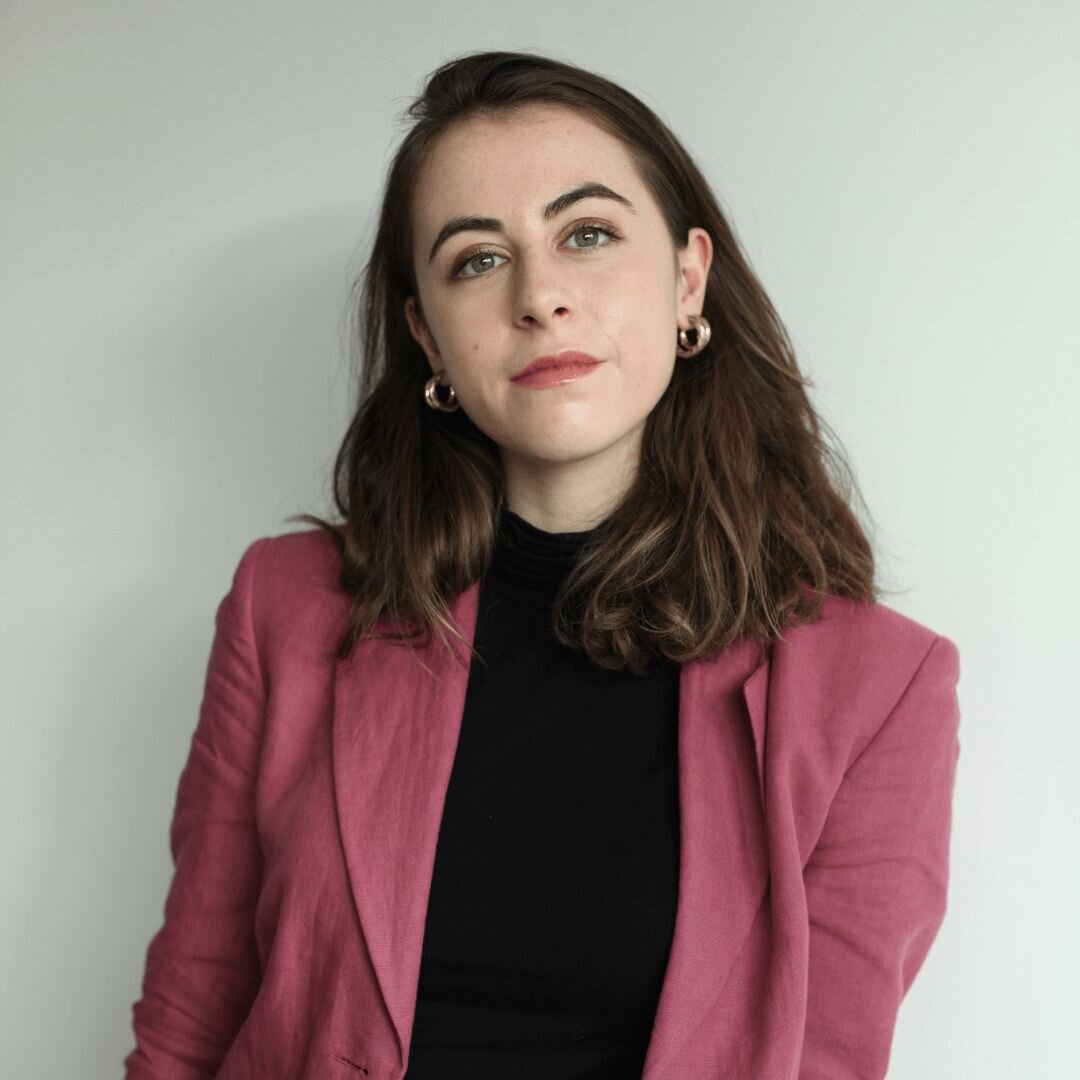
Sustainability Editor at Vogue Business
Bella Webb is the Sustainability Editor at Vogue Business, where she explores the intersection of fashion, sustainability, and social justice. Her work delves into topics such as circularity, labor rights, climate policy, and the evolving dynamics of the fashion industry. With a commitment to making complex issues accessible, Bella's reporting aims to inform and inspire actionable change within the industry.
Bella advocates for a fashion industry that prioritizes transparency, accountability, and inclusivity. She believes in the power of informed journalism to drive systemic change and encourages a holistic approach to sustainability that encompasses environmental, social, and economic dimensions.
8. Brett Staniland
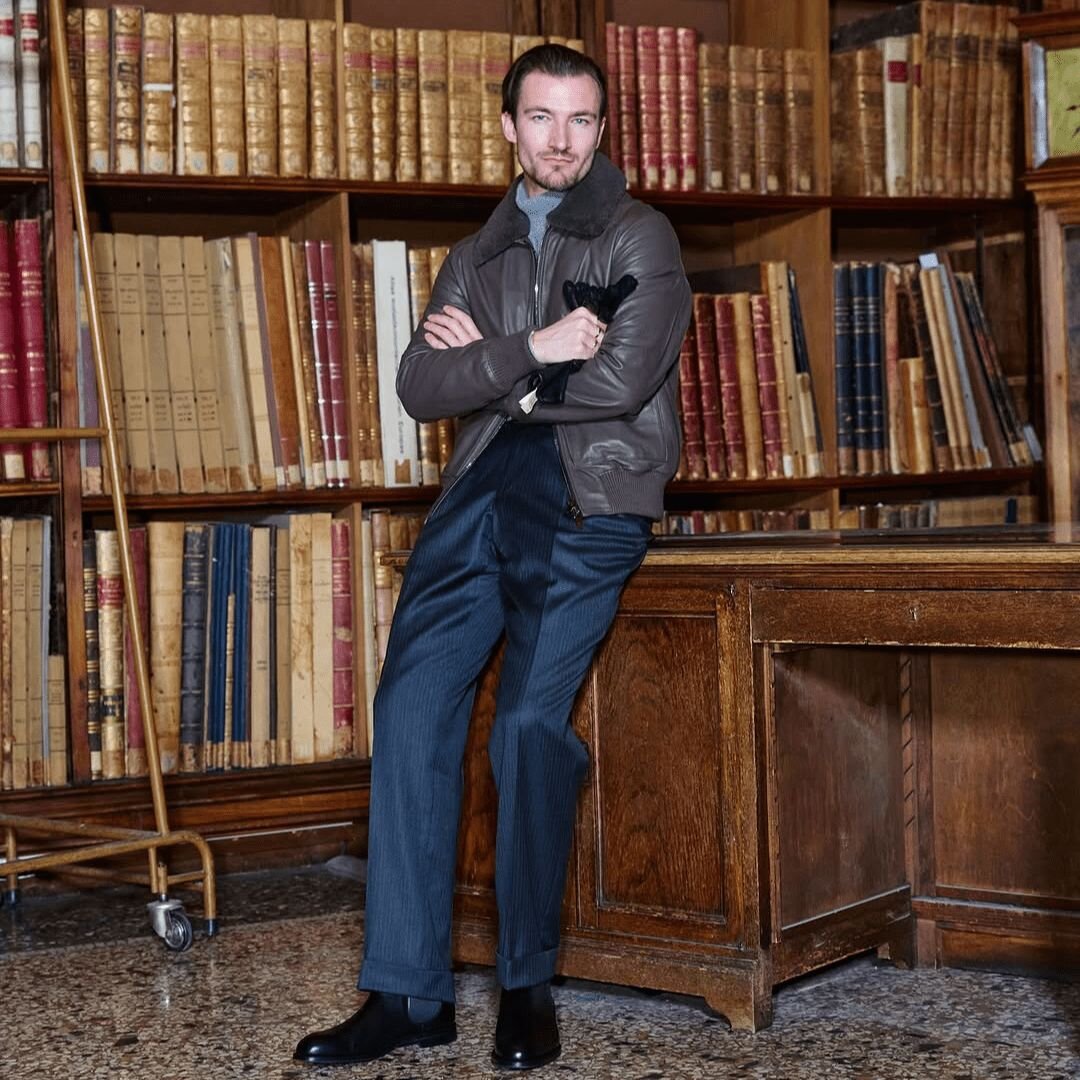
Sustainable Fashion Content Creator
Twin brothers Brett and Scott Staniland have carved a niche as sustainable fashion advocates, using their platform to challenge the norms of the fashion industry. You might recognize Brett from his appearance on “Love Island", where he made headlines by rejecting fast-fashion sponsorships, highlighting the environmental impact of such brands. Both brothers collaborate with ethical brands and participate in campaigns promoting sustainable practices.
Their advocacy extends to consulting roles, where they advise brands on sustainable strategies and authentic engagement with eco-conscious audiences. They are recognized for their efforts to make sustainable fashion accessible and appealing, often appearing on best-dressed lists and speaking at industry events.
9. Brittany Sierra
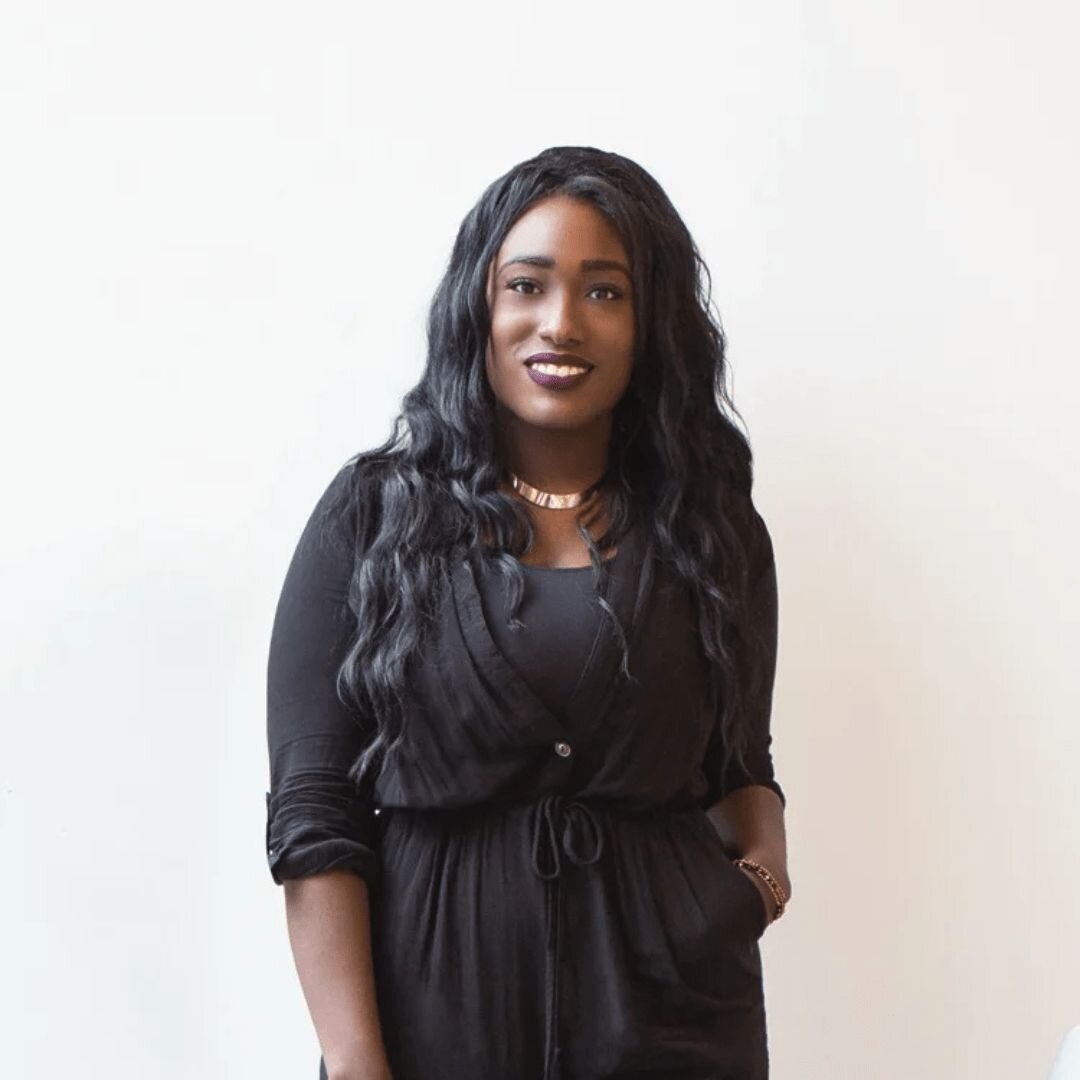
Founder of the Sustainable Fashion Forum
Brittany Sierra is the founder of the Sustainable Fashion Forum (SFF), a US-based media and event platform bringing together enthusiasts and experts. On Instagram and through annual conferences, Sierra fosters dialogue on ethical fashion—from candid brand interviews to panels on racial equity. SFF’s mix of online content and in-person gatherings has created a “vibrant global community” where innovators share ideas. By spotlighting emerging designers, hosting thought leaders, and posing tough questions, Brittany champions an informed, collaborative approach to change. Her work proves that education and community are powerful tools in transforming fashion’s future.
10. Clare Press
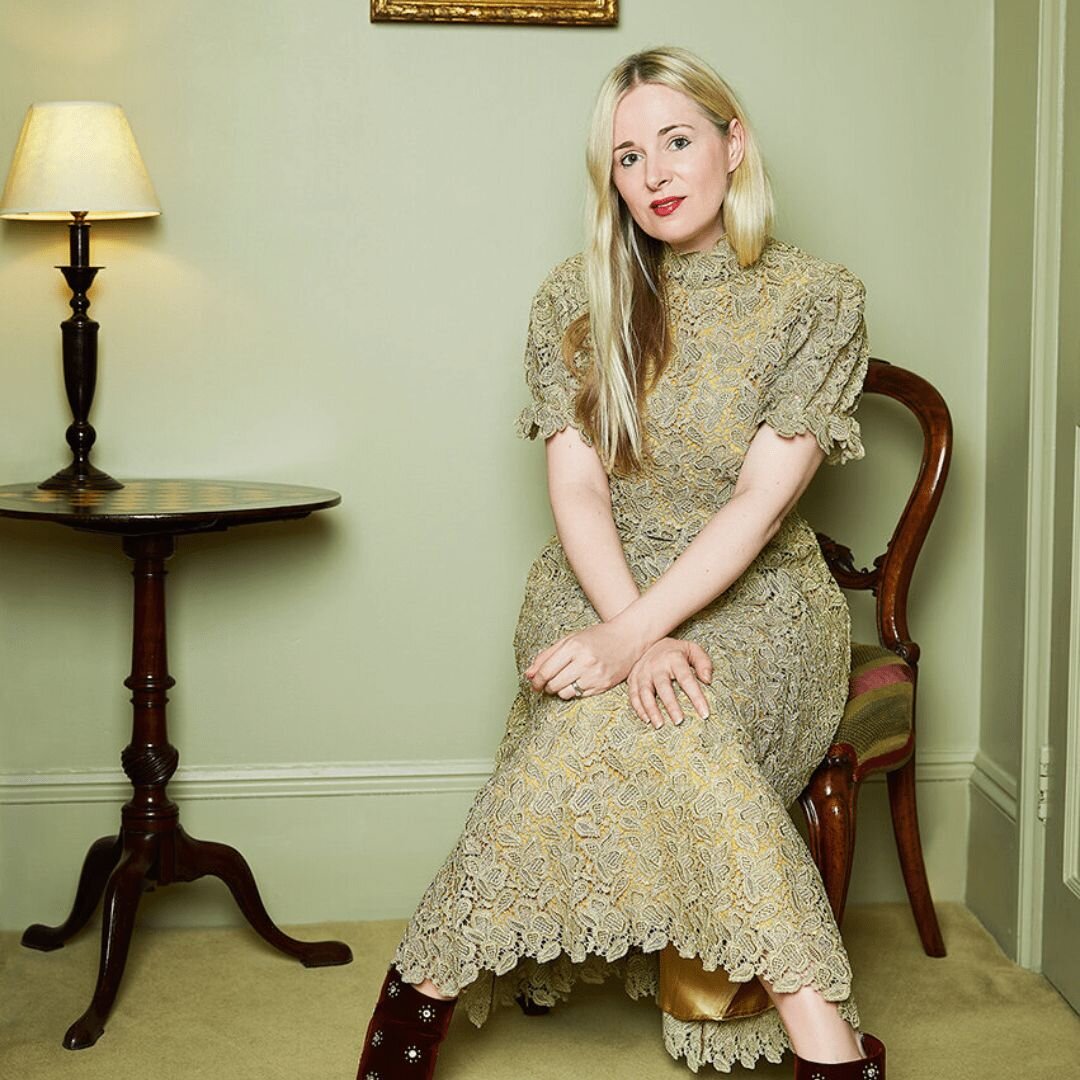
Author and Podcaster
Clare Press is an Australian author and was the first-ever Vogue Sustainability Editor (Vogue Australia, 2018–2020). She hosts the “Wardrobe Crisis” podcast and has written books like Wardrobe Crisis: How We Went From Sunday Best to Fast Fashion. Press uses her platforms to spotlight ethical innovators and has been an ambassador for the Ellen MacArthur Foundation’s circular fashion initiative. As a journalist, she’s a vocal expert on sustainable and ethical fashion practices.
11. Céline Semaan
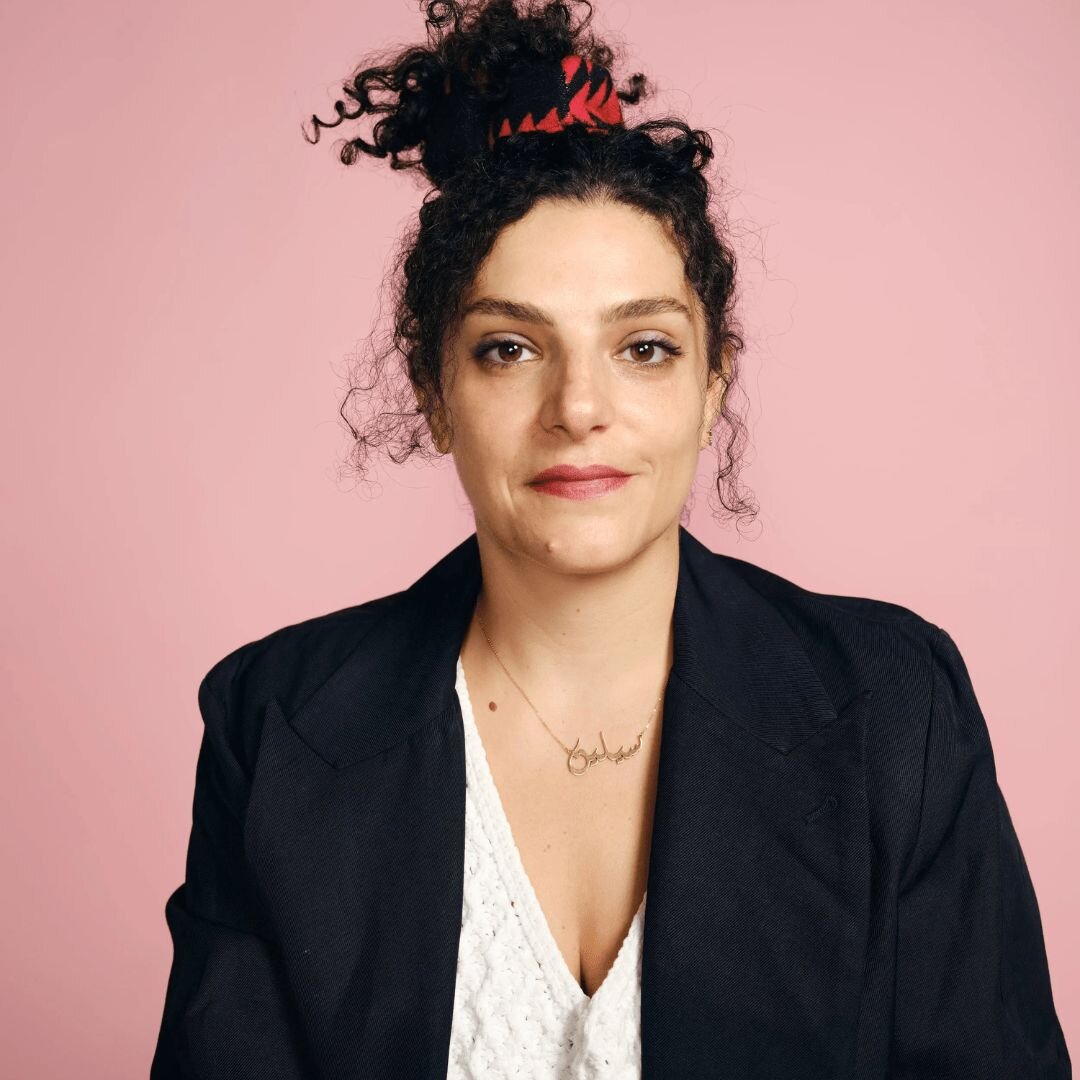
Founder of The Slow Factory
Céline Semaan is a Lebanese-Canadian designer, educator, and activist who founded The Slow Factory Foundation. Slow Factory is a climate and culture nonprofit using fashion as a tool for climate justice and social change (their motto: “Good for Earth, Good for People”). Semaan, a former TED fellow, runs open education like “Slow Factory Labs” to teach about decolonizing design and remediating textile waste. As a designer, she’s created scarves featuring NASA imagery and upcycled collections that tell stories of migrant and indigenous communities. She also pushes the industry on open-source solutions and recently piloted a garment-to-garment recycling factory in Brooklyn. Semaan bridges the intersection of fashion, science, and activism, proving design can solve problems beyond aesthetics.
12. Daisy Christophel
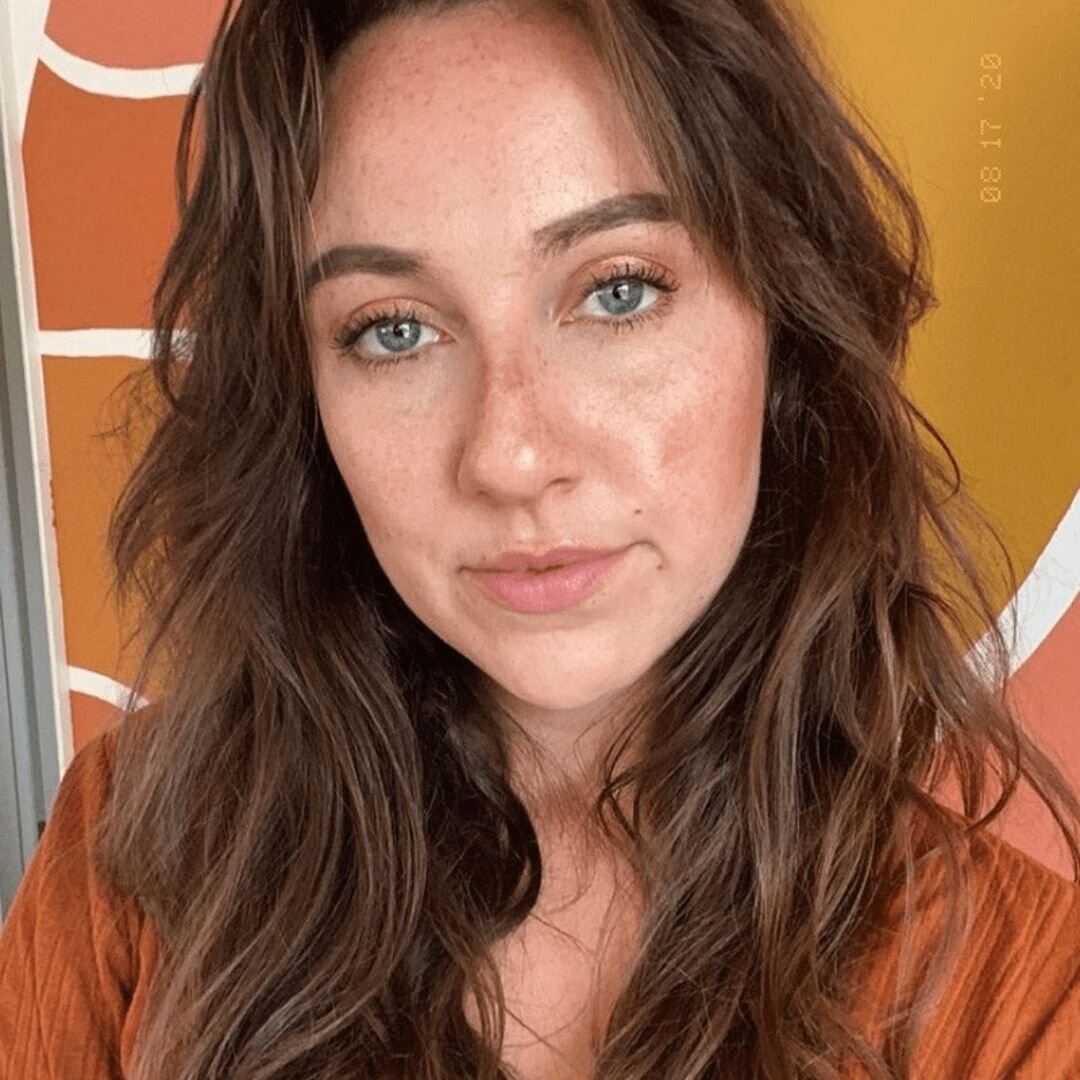
Director of Social and Digital Media for Remake Our World
Daisy Christophel is the Social and Digital Media Director at Remake, a nonprofit organization dedicated to advocating for a more ethical and sustainable fashion industry. In her role, she manages Remake's social media platforms, fostering a community of changemakers and ensuring that the organization's content is both approachable and educational.
Under her guidance, Remake's social media campaigns have reached millions, effectively mobilizing a global community to participate in actions such as the "No New Clothes" pledge and awareness weeks focused on labor rights and climate justice. aisy believes in the power of digital storytelling to drive systemic change. She emphasizes the importance of making sustainability conversations accessible and engaging, aiming to inspire collective action that leads to tangible improvements in the fashion industry's impact on people and the planet.
13. Dan Pontarlier

Content Creator
Dan Pontarlier is a Paris-based sustainable fashion influencer known as @SustainableMan, one of the few male voices in this space. An upcycling enthusiast with a flair for eco-menswear, he shares stylish outfits made from repurposed materials. Pontarlier also provides tips for conscientious shopping and low-impact living. He consults in sustainable hospitality and fashion, bridging industries. With a following across Instagram and TikTok, Dan proves that men can be leaders in ethical fashion, promoting thrifted and capsule wardrobes.
14. Tony Liu & Lindsey Schuyler (Diet Prada)
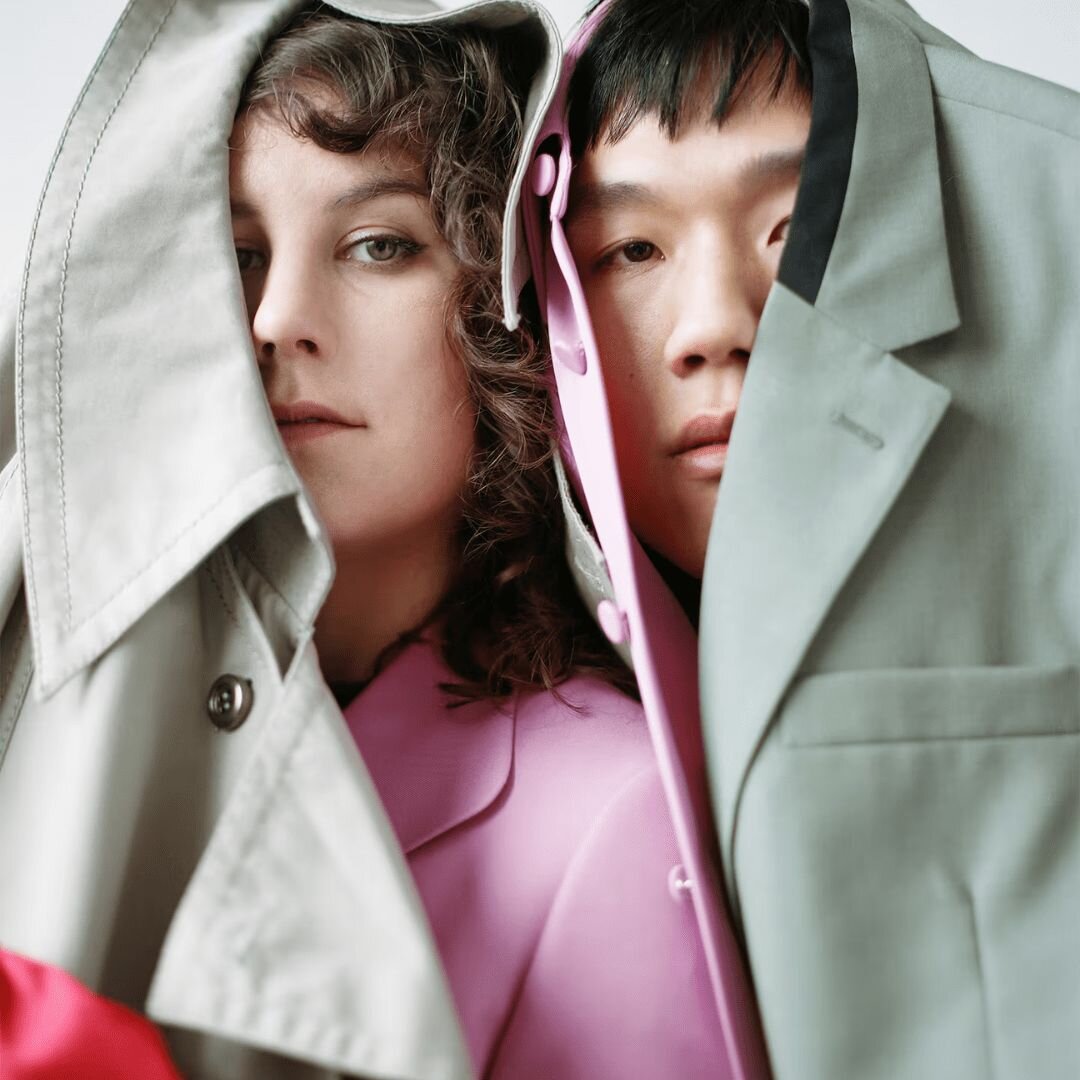
Watchdog Content Creators
Diet Prada (run by Tony Liu and Lindsey Schuyler) is an anonymous-ish Instagram account turned fashion watchdog, renowned for calling out unethical behavior. With a sharp tongue and 3 million followers, Diet Prada has exposed design plagiarism, racial insensitivity, model abuse, and greenwashing across the industry. Their public shaming has sparked wide conversations – for example, outing Dolce & Gabbana’s racist ad campaign led to international backlash. Lately, they’ve used their platform to support labor rights (backing the #PayUp campaign) and highlight political issues (like anti-Asian hate) within fashion. Diet Prada exemplifies how social media activism can hold powerful brands to account and push for better ethics and inclusivity.
15.Dominique Drakeford
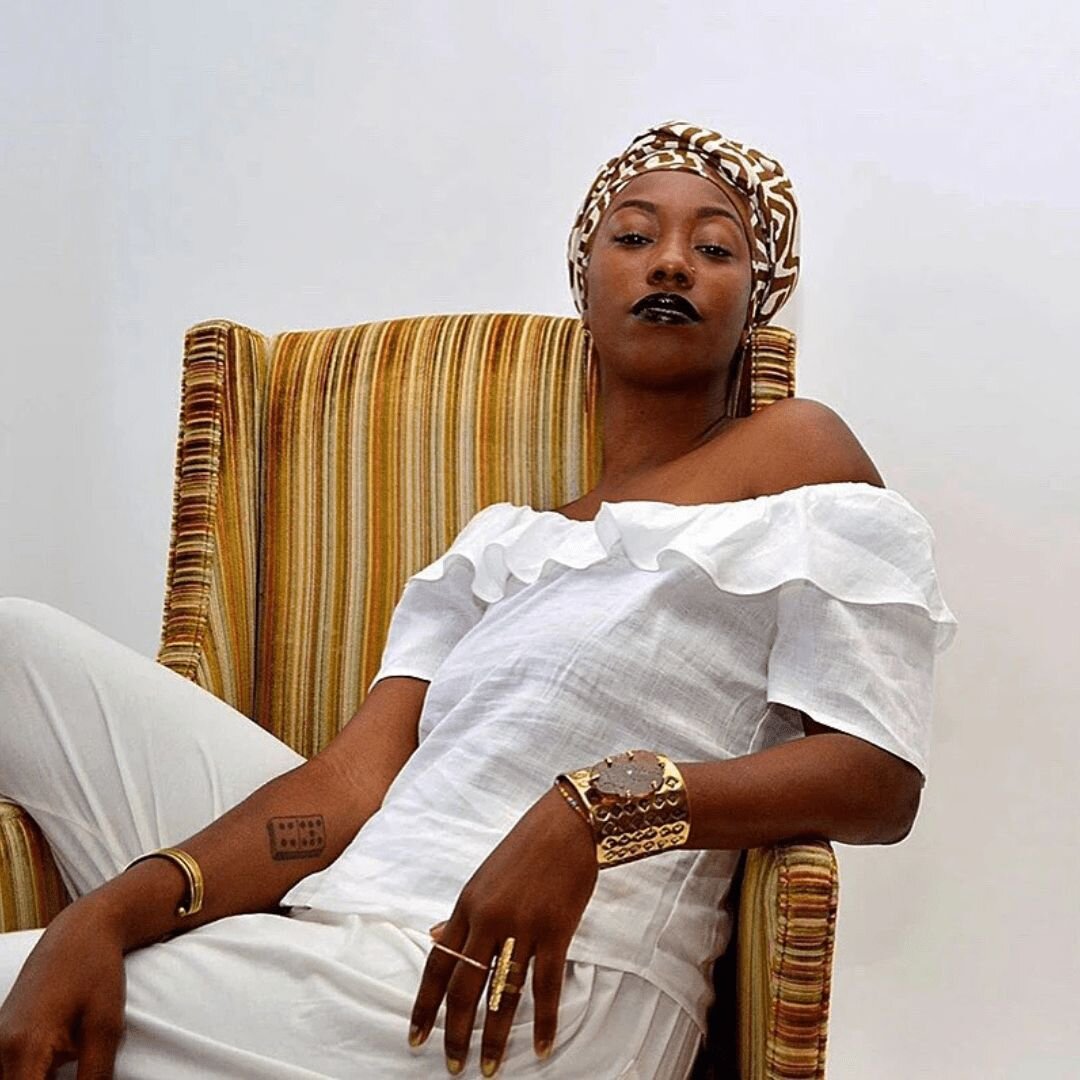
Environmental Educator, Author
Dominique Drakeford is a Brooklyn-based environmental educator, writer, and creative strategist dedicated to decolonizing sustainability and amplifying the voices of Black and Indigenous communities within the fashion industry. Raised in Oakland, California, she holds a BA in Business Environmental Management and an MA in Sustainable Entrepreneurship & Fashion from NYU. Her work bridges ancestral wisdom, ecological equity, and cultural storytelling to challenge and reshape mainstream sustainability narratives.
Dominique is the co-founder of Sustainable Brooklyn, the founder of Malenin and Sustainable Style and a Co-Producer of “The Root” podcast series, all of which are rooted in the belief that sustainability must be inclusive and reflective of the communities most affected by environmental injustices. She emphasizes the importance of cultural sustainability, land sovereignty, and community preservation, advocating for a holistic approach that intertwines environmentalism with social justice.
16. Elizabeth L. Cline
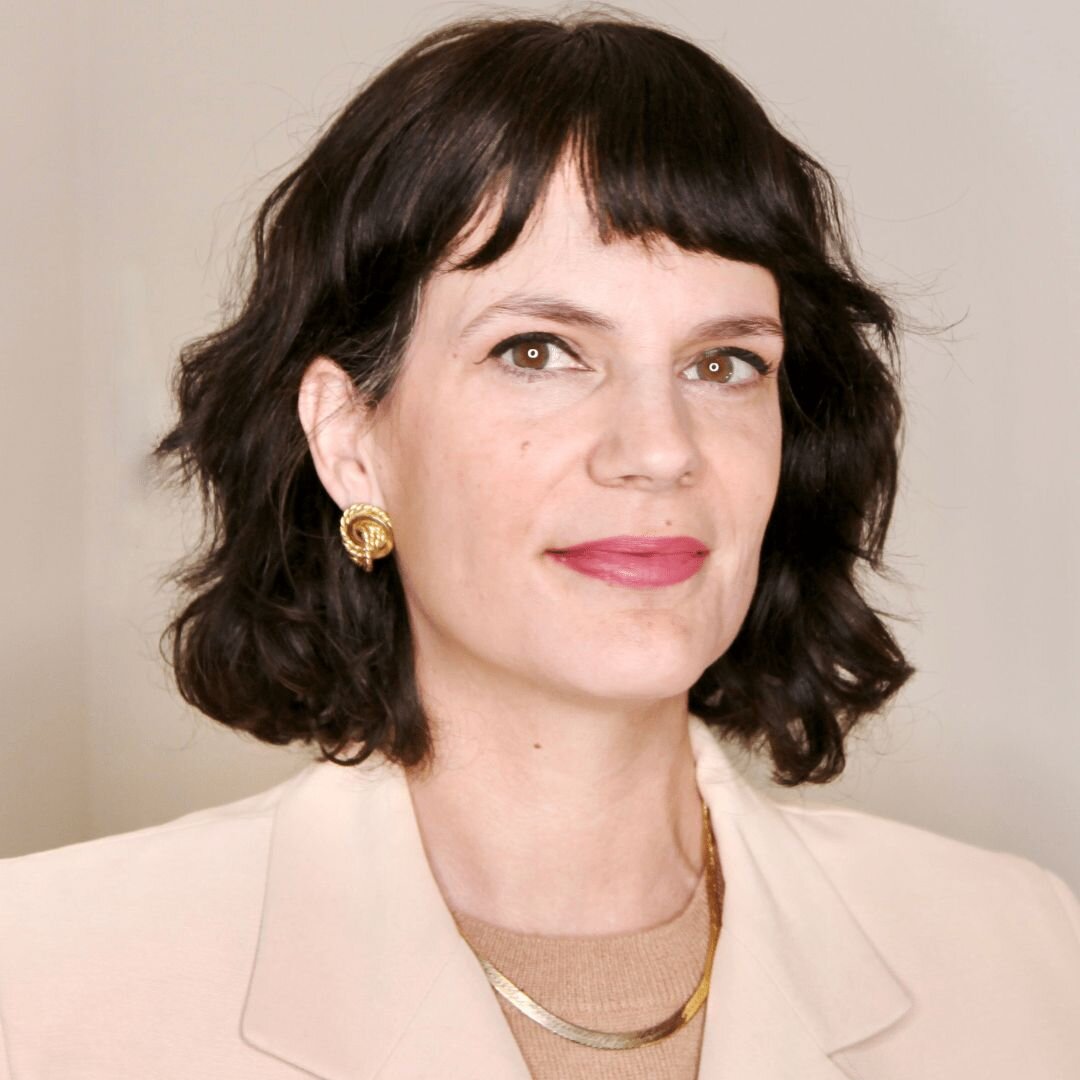
Journalist, Author, Educator
Elizabeth Cline is a U.S. journalist and author of Overdressed: The Shockingly High Cost of Cheap Fashion (2012) and The Conscious Closet (2019). An expert in fashion labor rights and sustainability, she serves as an educator and advocate in the field. Cline’s work exposes the environmental and social impacts of fast fashion. She is now Director of Policy at Remake and uses her platform to campaign for labor justice (e.g. #PayUp) and to help consumers build ethical, longer-lasting wardrobes
17. Ellie Rose

Content Creator
Ellie Rose is a Brighton-based sustainable fashion advocate and digital creator who has garnered attention for her innovative approach to promoting secondhand shopping. With a background in fashion studies, Ellie leverages her expertise to revitalize charity shop displays, aiming to attract a younger demographic and demonstrate that thrifted fashion can be both stylish and trendy.
Ellie volunteers her time to restyle window displays of charity shops, such as the British Heart Foundation, using only items available in-store. By curating on-trend outfits and aesthetically pleasing arrangements, she enhances the visual appeal of these shops, encouraging increased foot traffic and sales. She believes that small, creative interventions can have a significant impact on consumer behavior and perceptions of secondhand fashion.
18. Elysia Berman

Content Creator
Elysia Berman is a Brooklyn-based creative director and content creator who gained recognition for her candid exploration of overconsumption and shopping addiction. With a professional background in fashion and beauty, including roles at Bobbi Brown, Maybelline, Refinery29, and InStyle, she brings industry insight to her advocacy for sustainable fashion and mindful consumer habits.
In 2024, Elysia embarked on a year-long no-buy challenge to address her shopping addiction, which had led to over $48,000 in debt. By refraining from purchasing non-essential items like clothing, beauty products, and home decor, she managed to pay off more than $33,000 in debt and gained a deeper understanding of her consumption patterns, encouraging others to follow suit. She advocates for a balanced approach to consumption, emphasizing the importance of understanding one's motivations and triggers.
19. Emily Chan
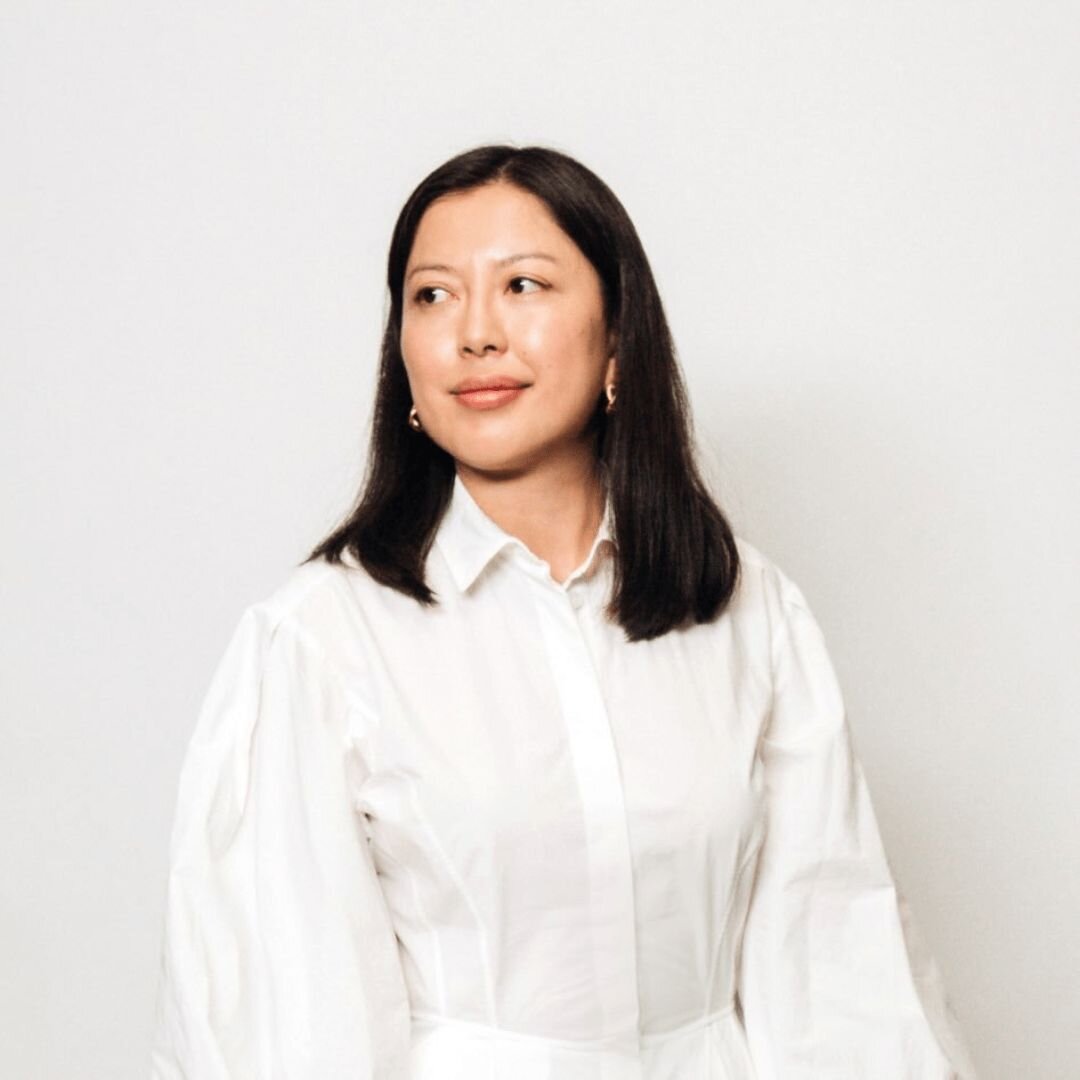
Senior Sustainability Editor at British Vogue
Emily Chan is the Senior Sustainability & Features Editor at British Vogue, where she spearheads coverage on environmental and ethical issues within the fashion industry. Her work delves into topics ranging from sustainable design practices to the intersection of fashion and climate activism. Chan has participated in global discussions, including United Nations-organized events, emphasizing the need for systemic change in fashion's approach to sustainability.
Beyond her editorial role, Chan engages with the fashion community through panels and discussions, advocating for transparency and accountability. She also hosts "The Closet Digest," a platform where she discusses sustainable fashion trends and practices.
20. Emma Slade Edmondson
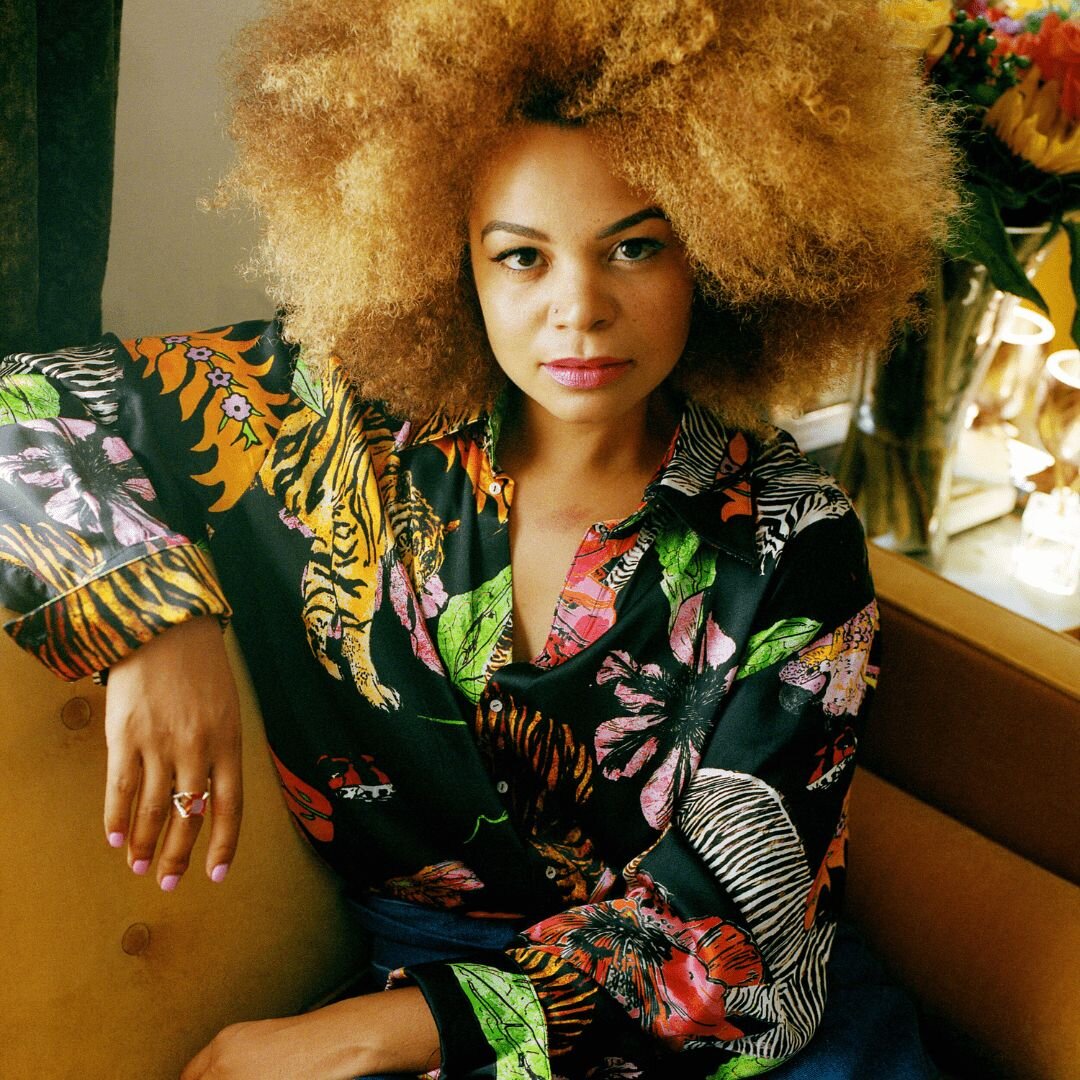
Creative Strategist
Emma Slade Edmondson is a London-based creative strategist, consultant, and speaker specializing in sustainability, social change, and inclusive fashion narratives. As the founder of ESE Consultancy, she collaborates with brands, charities, and organizations to develop campaigns that promote ethical practices and behavioral change in the fashion industry. She believes in the power of storytelling and community engagement to drive meaningful change in the fashion industry.
Emma co-produced and served as the creative director for the "Love Not Landfill" campaign, which aimed to engage 16–24-year-olds in sustainable fashion practices. The initiative featured pop-up shops with curated secondhand clothing collections, influencer collaborations, and educational workshops on mending and upcycling. The campaign successfully attracted over 2,500 visitors and generated approximately £15,000 in sales over four days.
21. Gabriel Rylka

Founder of Break. Archive
Gabriel Rylka is a London-based entrepreneur and vintage fashion curator who founded Break. Archive in 2021. His journey into fashion began at the age of 13, reselling cleaned-up Converse sneakers on eBay. This early venture laid the foundation for his passion for vintage fashion and sustainable consumption.
Rylka emphasizes the importance of creating a dialogue with clients and building a community around vintage fashion. Through engaging content and interactive campaigns, Break. Archive has cultivated a loyal following among Gen Z consumers. Rylka is committed to making vintage fashion accessible and appealing to a younger audience. He challenges the notion that vintage is prohibitively expensive, offering items at various price points to ensure inclusivity. By leveraging social media and understanding consumer trends, he aims to redefine the perception of secondhand luxury.
22. Hannah Blass

Content Creator
Hannah Blass is a content creator and coach who gained prominence on TikTok by candidly sharing her journey from compulsive shopping to financial stability. After accumulating significant debt due to shopping addiction, she embarked on a transformative no-buy year, documenting her experiences to inspire others facing similar challenges.
Hannah's transparency about her financial struggles and commitment to a no-buy year resonated with many, sparking a broader movement encouraging mindful spending and self-awareness. Through her TikTok platform, she offers practical advice on overcoming impulse buying, understanding emotional spending triggers, and building a sustainable wardrobe. Her content includes strategies like the "three-question rule" to assess potential purchases.
23. Heidi Kaluza
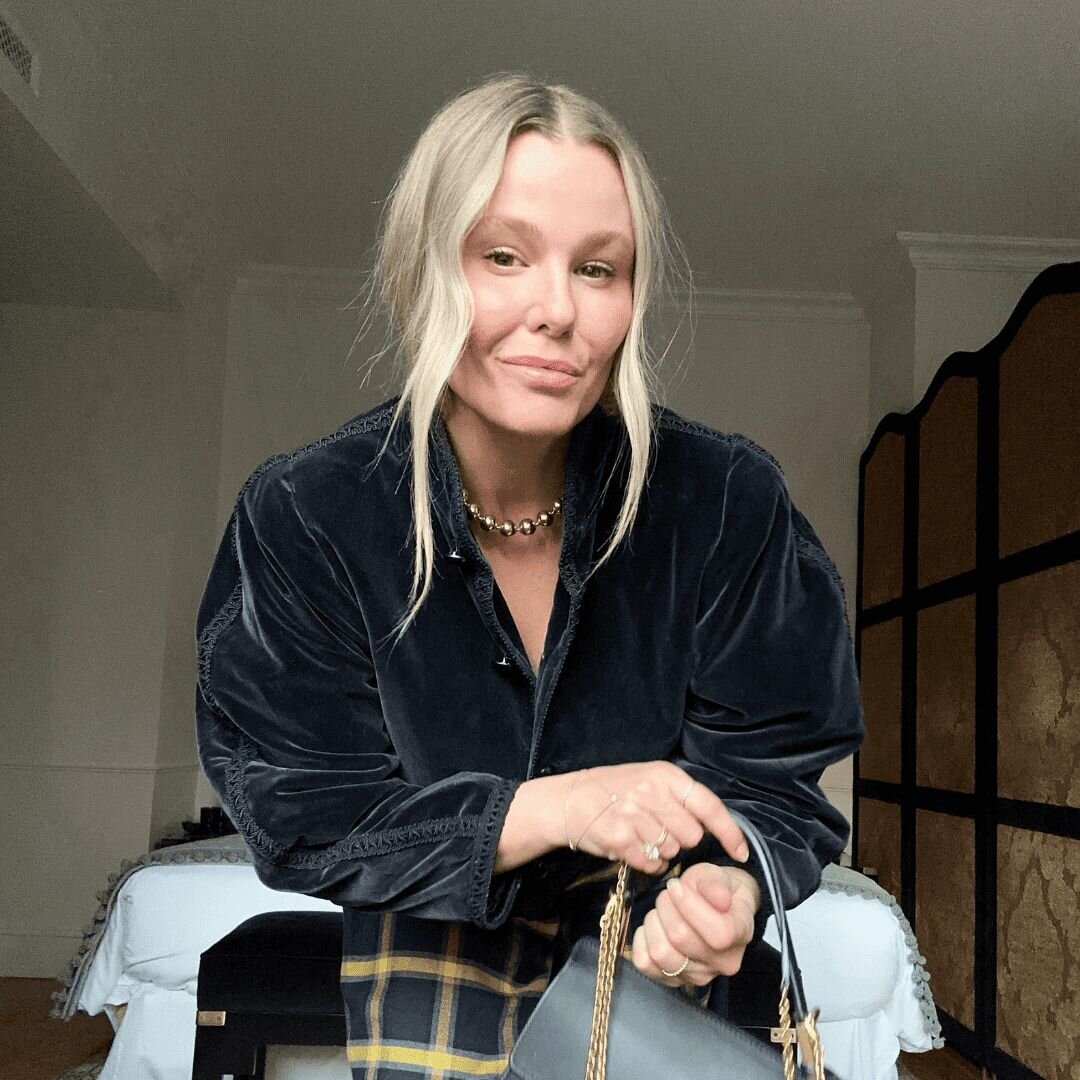
Founder of Break. Archive
Hannah Blass is a content creator and coach who gained prominence on TikTok by candidly sharing her journey from compulsive shopping to financial stability. After accumulating significant debt due to shopping addiction, she embarked on a transformative no-buy year, documenting her experiences to inspire others facing similar challenges.
Hannah's transparency about her financial struggles and commitment to a no-buy year resonated with many, sparking a broader movement encouraging mindful spending and self-awareness. Through her TikTok platform, she offers practical advice on overcoming impulse buying, understanding emotional spending triggers, and building a sustainable wardrobe. Her content includes strategies like the "three-question rule" to assess potential purchases.
24. Issey Gladston

Host of the "How to Make Climate Change Sexy" Podcast
Issey Gladston is a London-based climate journalist and communications professional dedicated to transforming complex environmental and social issues into accessible, impactful narratives. With a Master's degree in Environmental Governance from Oxford University, she combines academic rigor with creative storytelling to engage diverse audiences in climate discourse.
Issey hosts How to Make Climate Change Sexy, a podcast that blends cultural commentary with climate news, aiming to make environmental issues more relatable and engaging. The platform spotlights individuals tackling the climate crisis through innovative and creative approaches.
25. Izzy Manuel
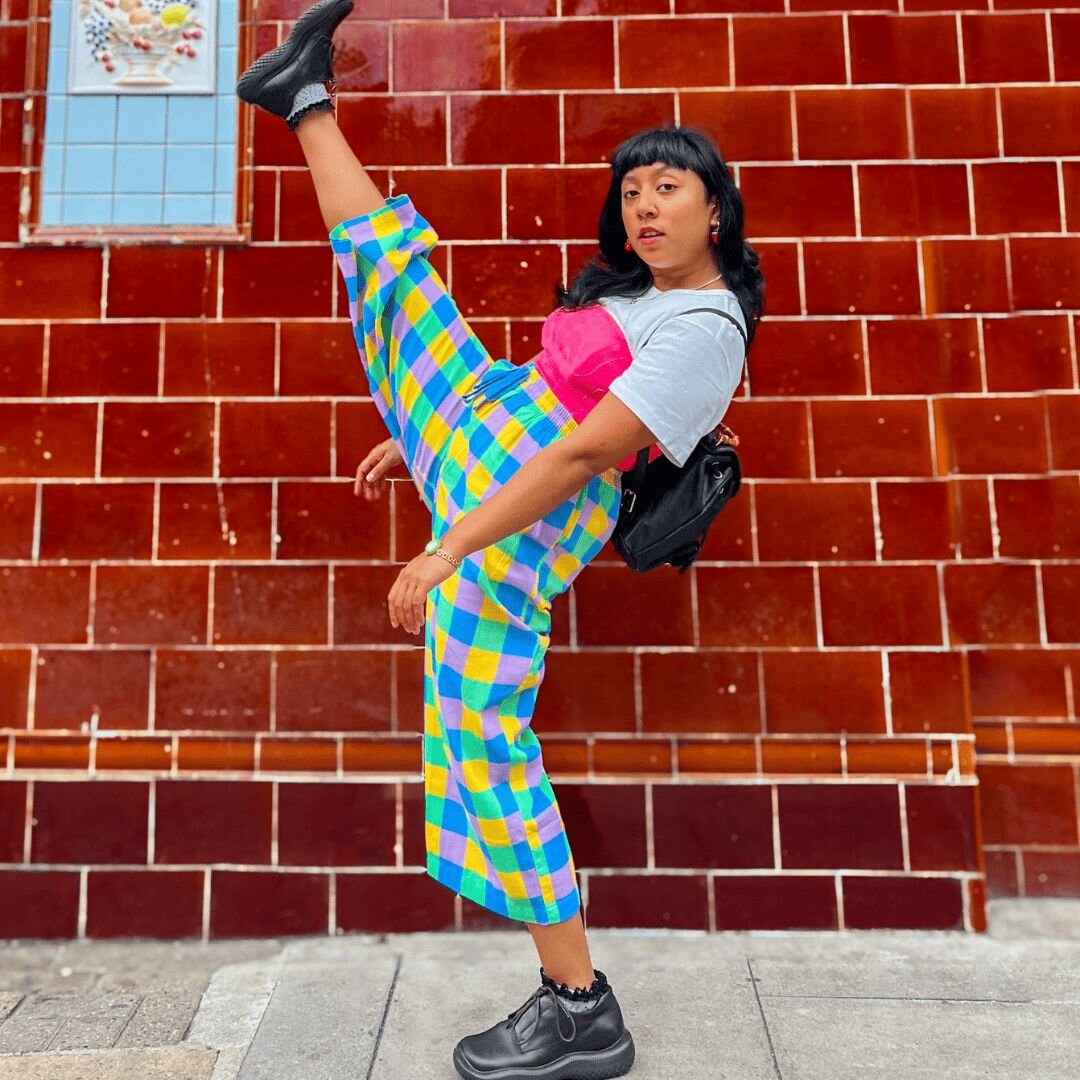
Content Creator
Izzy Manuel is a London-based sustainable fashion content creator with a Master's degree in Chemistry. Her scientific background informs her approach to sustainability, emphasizing evidence-based practices in fashion consumption.
Izzy is known for her vibrant, dopamine-inducing outfits that challenge the notion that sustainable fashion is dull. She promotes the idea that one can maintain a fun and colorful wardrobe while being environmentally conscious.
Alongside Rosie Okotcha, Izzy co-hosts Spill the Sustainabili-Tea, where they delve into topics like the ethics of fast fashion, sustainable period products, and the impact of consumer behavior on the environment.
26. Joely Malcolm
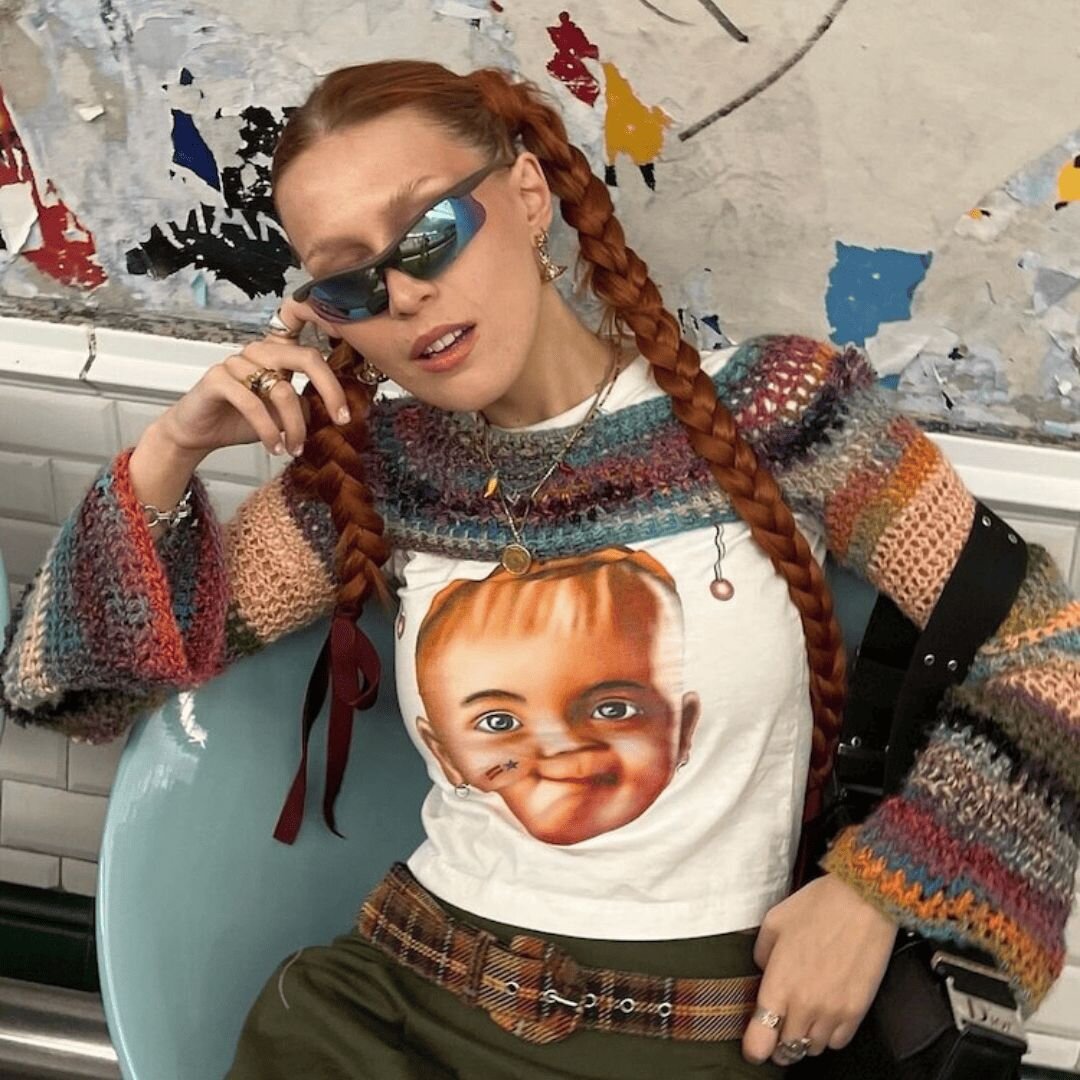
Content Creator
Joely Malcolm is a Sydney-based content creator known for her vibrant and eclectic fashion sense. She describes her style as a blend between a "Bratz doll and an eight-year-old boy," embracing colorful prints and kitschy details. Joely gained recognition for promoting outfit repeating and encouraging her audience to make the most of their existing wardrobes.
Through her TikTok platform, Joely emphasizes the importance of rewearing clothes, challenging the stigma around outfit repeating. She often shares content that highlights the versatility of her wardrobe, demonstrating how to style the same pieces in various ways.
27. Kate B.
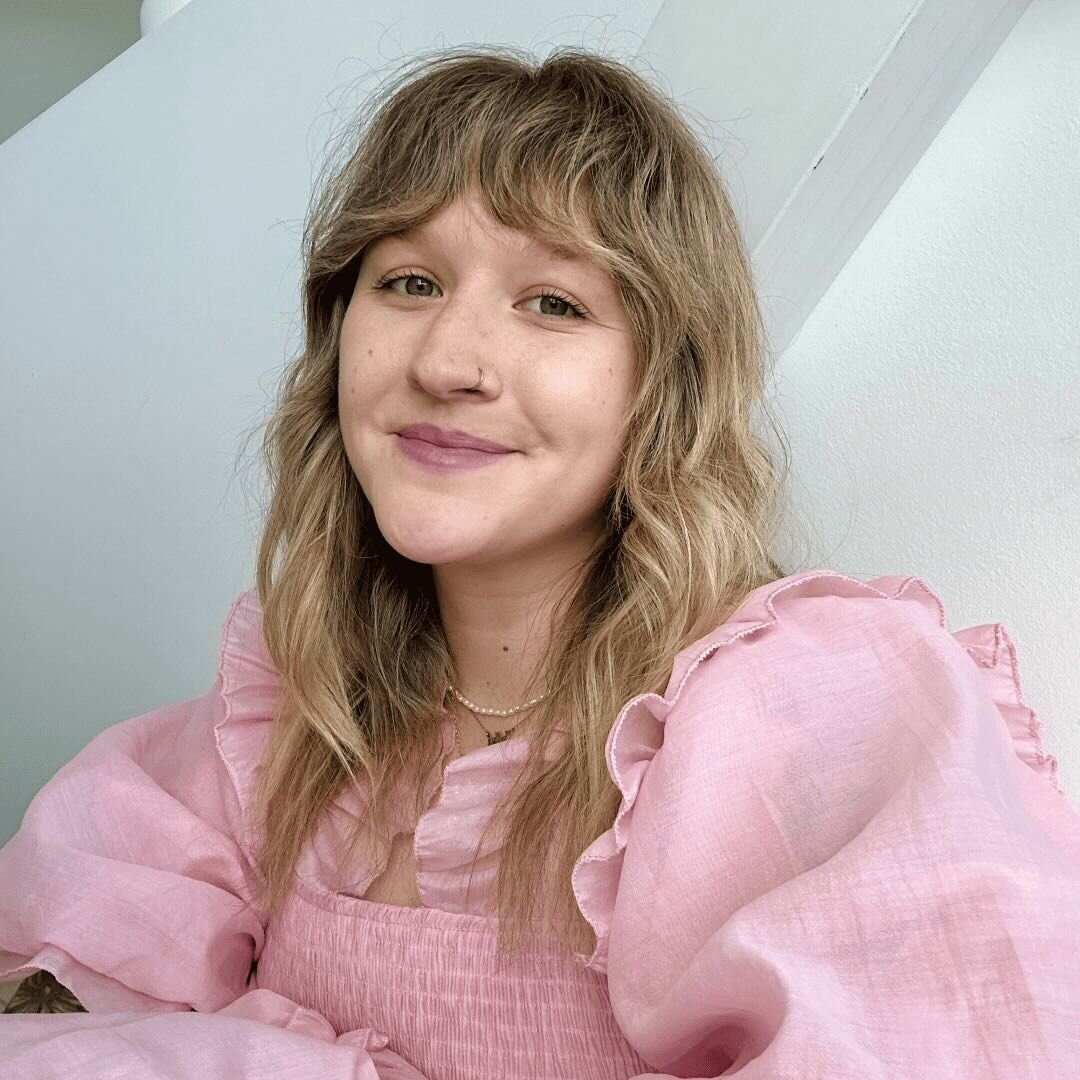
Content Creator
Based in Toronto, Canada, Kate B. is a sustainable fashion content creator and a PhD candidate in history. Her platform, Read Write Thrift, began in 2019 as a space to document thrift store finds and has since evolved into a hub for exploring personal style, mindful consumption, and fostering a positive relationship with clothing.
Through her content, Kate encourages finding and embracing personal style. She often discusses the journey of discovering one's style and the significance of rewearing and restyling existing wardrobe pieces. Kate's approach is inclusive and non-judgmental, acknowledging that there's no perfect way to consume fashion. She fosters a community that values doing one's best in making mindful fashion choices.
28. Katie Robinson

Journalist, Content Creator
Katie Robinson is a London-based sustainable fashion journalist, content creator, and campaigner. Through her YouTube channel, she delves into sustainable fashion news, personal style, and in-depth explorations of related fashion topics through great digestible content, which is also educational.
Katie's channel features a variety of content, including discussions on sustainable fashion myths, analyses of fashion trends, and critiques of industry practices. She believes in empowering consumers with knowledge to make informed decisions about their fashion choices. She emphasizes the importance of personal style and critical thinking in navigating the complexities of the fashion industry.
29. Lauren Bravo
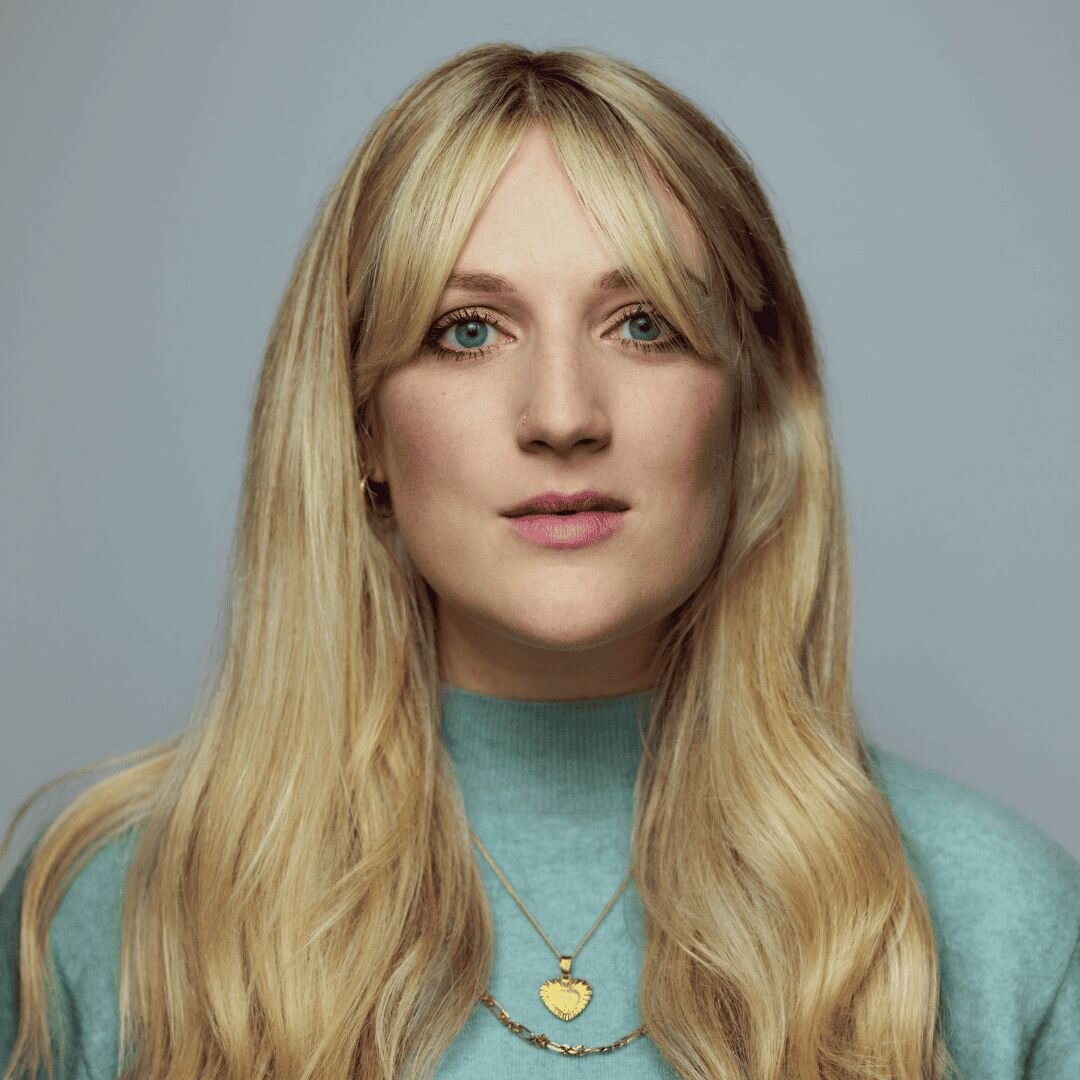
Author, Journalist
Lauren Bravo is a London-based journalist and author renowned for her work on fashion, lifestyle, and sustainability. With a career spanning contributions to publications like The Guardian, The Telegraph, Refinery29, and Stylist, she brings a nuanced perspective to the fashion industry's environmental and ethical challenges. She is also the author of How to Break Up with Fast Fashion.
In her influential book, Lauren shares her personal journey of giving up new clothing purchases for a year. The book offers practical advice on embracing secondhand shopping, repairing garments, and cultivating a more mindful relationship with fashion.
30. Lily Fang
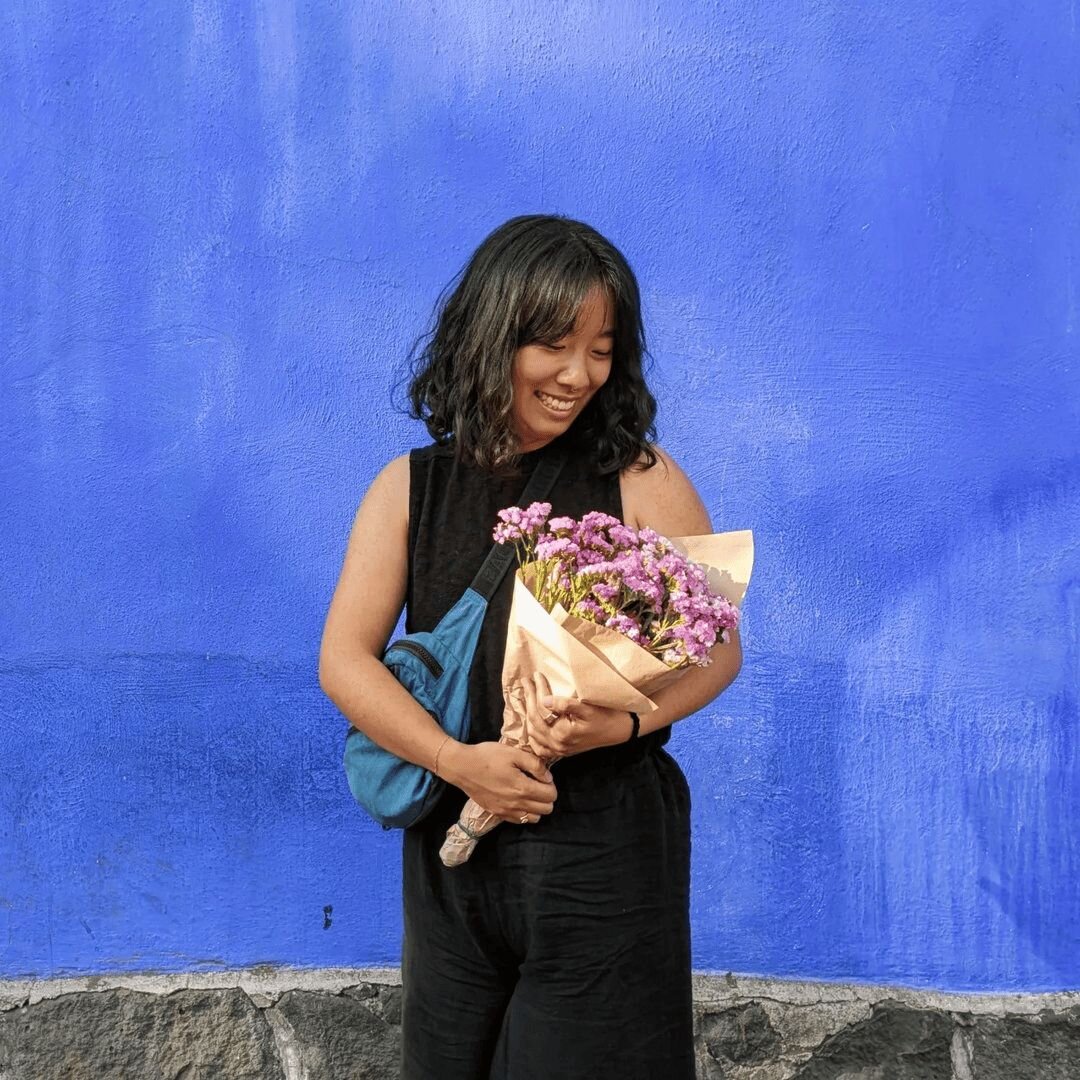
Founder of Break. Archive
Lily Fang is an American sustainable fashion blogger behind “Imperfect Idealist.” Starting her blog at age 13, she evolved from a fast-fashion fan to a slow-fashion advocate. Now in her 20s, she uses her platform (55k+ monthly readers) to debunk myths about sustainable living and offer practical guides for conscious style. Fang speaks at universities about the social and environmental harms of fast fashion. Her content emphasizes accessibility – e.g. how low-income students can thrift and swap – and encourages viewers to value progress over perfection in their journey to ethical fashion.
31. Linn Frisinger
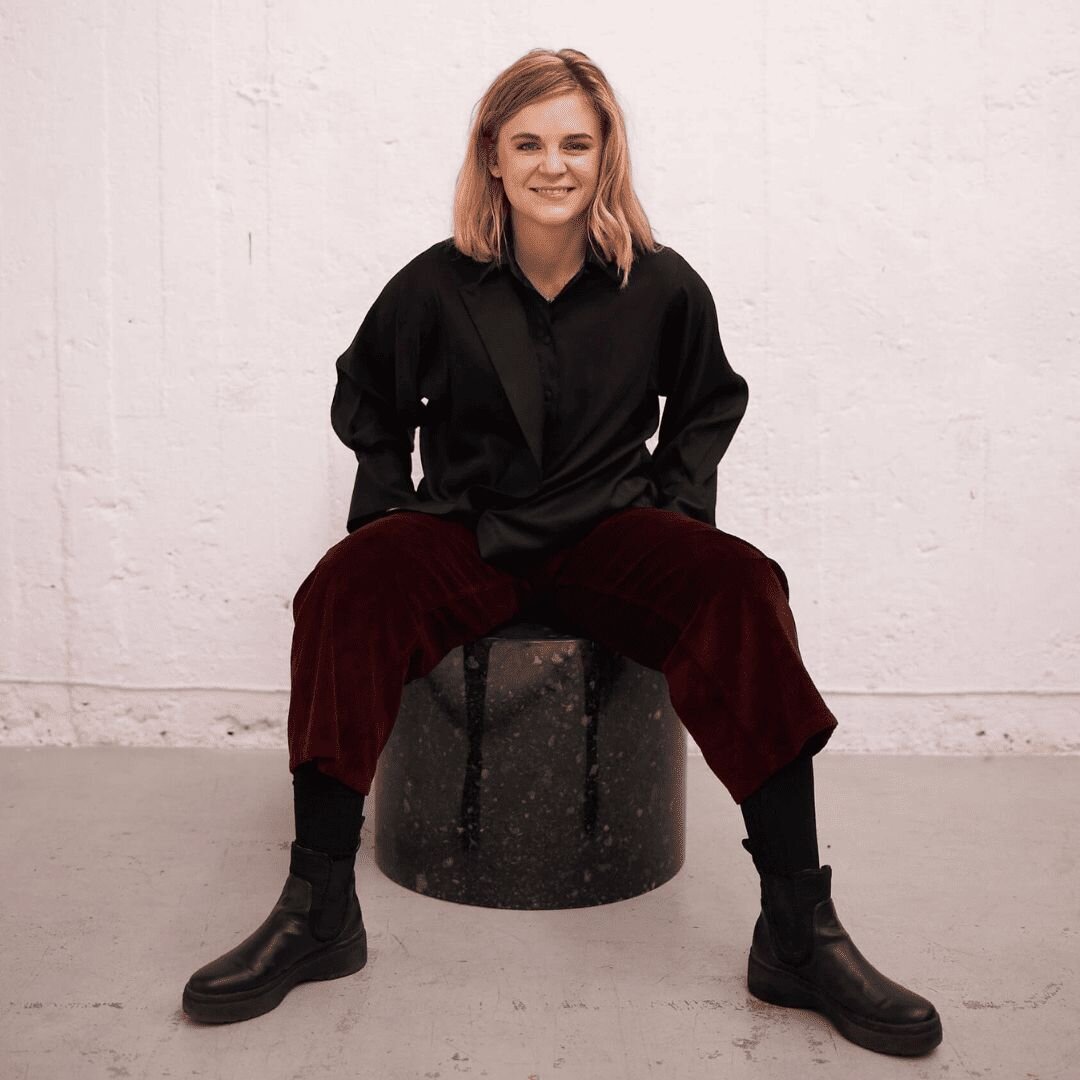
Founder of Swedish Stockings
Linn Frisinger co-founded Swedish Stockings in 2013 after being inspired by the documentary The Light Bulb Conspiracy, which highlighted planned obsolescence in consumer products. Recognizing that traditional nylon tights are petroleum-based, non-biodegradable, and often discarded after minimal use, she aimed to revolutionize the hosiery industry by introducing sustainable alternatives
Frisinger views tights as the "plastic straw of fashion," emphasizing the need to shift consumer perception from disposable to durable. She believes in combining sustainability with style, stating, "Customers don't buy products because they are sustainable. They buy products... because they want to look good and feel good."
32. Lucy Siegle
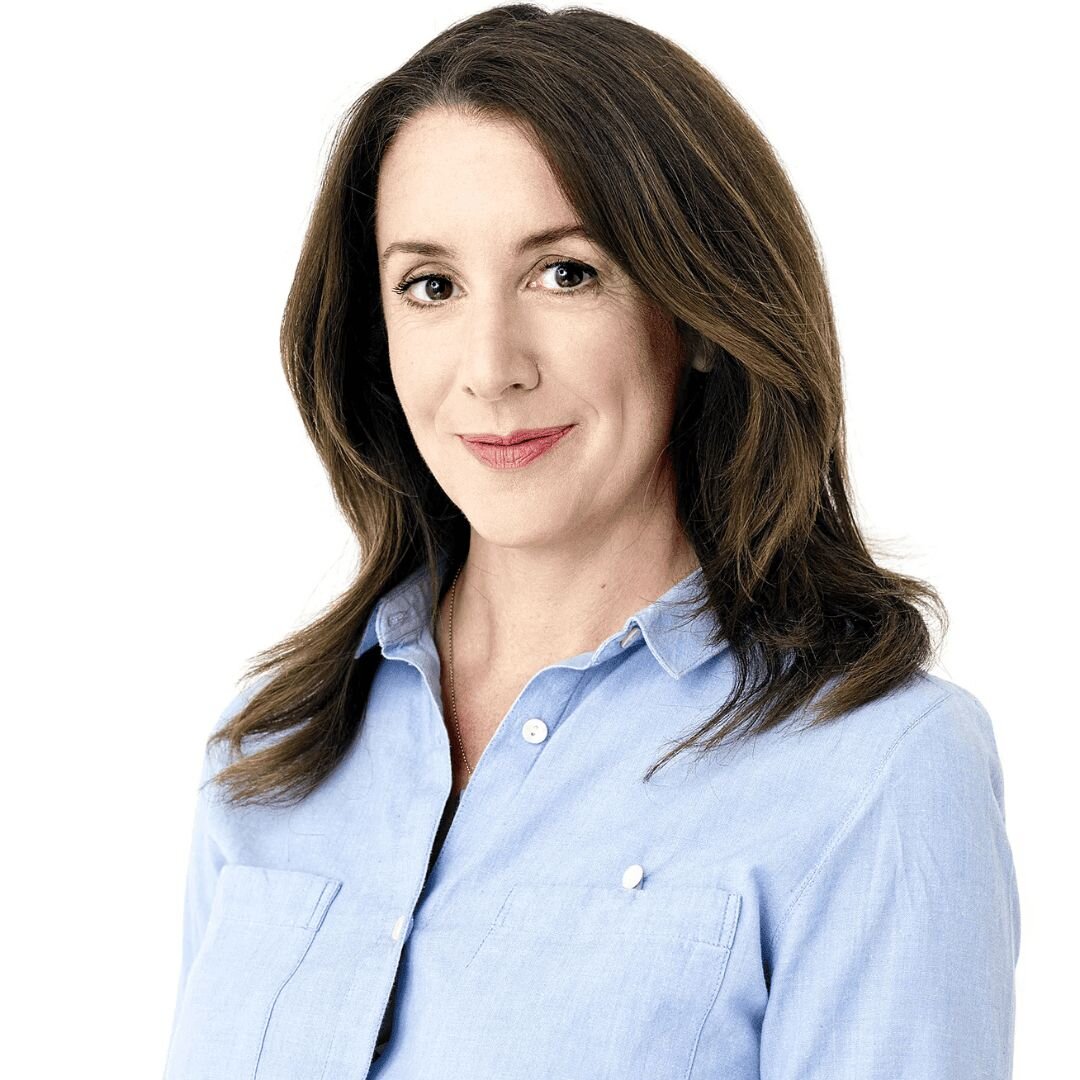
Environmental Journalist
Lucy Siegle is a British writer and broadcaster on environmental issues, known for her book To Die For: Is Fashion Wearing Out the World? (2011). A longtime Observer “Ethical Living” columnist, she helped mainstream the conversation on making fashion fairer. Siegle co-produced the documentary The True Cost and co-founded the Green Carpet Challenge with Livia Firth to promote sustainable red-carpet fashion. Through journalism and public speaking, she highlights fast fashion’s waste, plastic fibers, and labor abuses while championing systemic change.
33. Mandy Lee
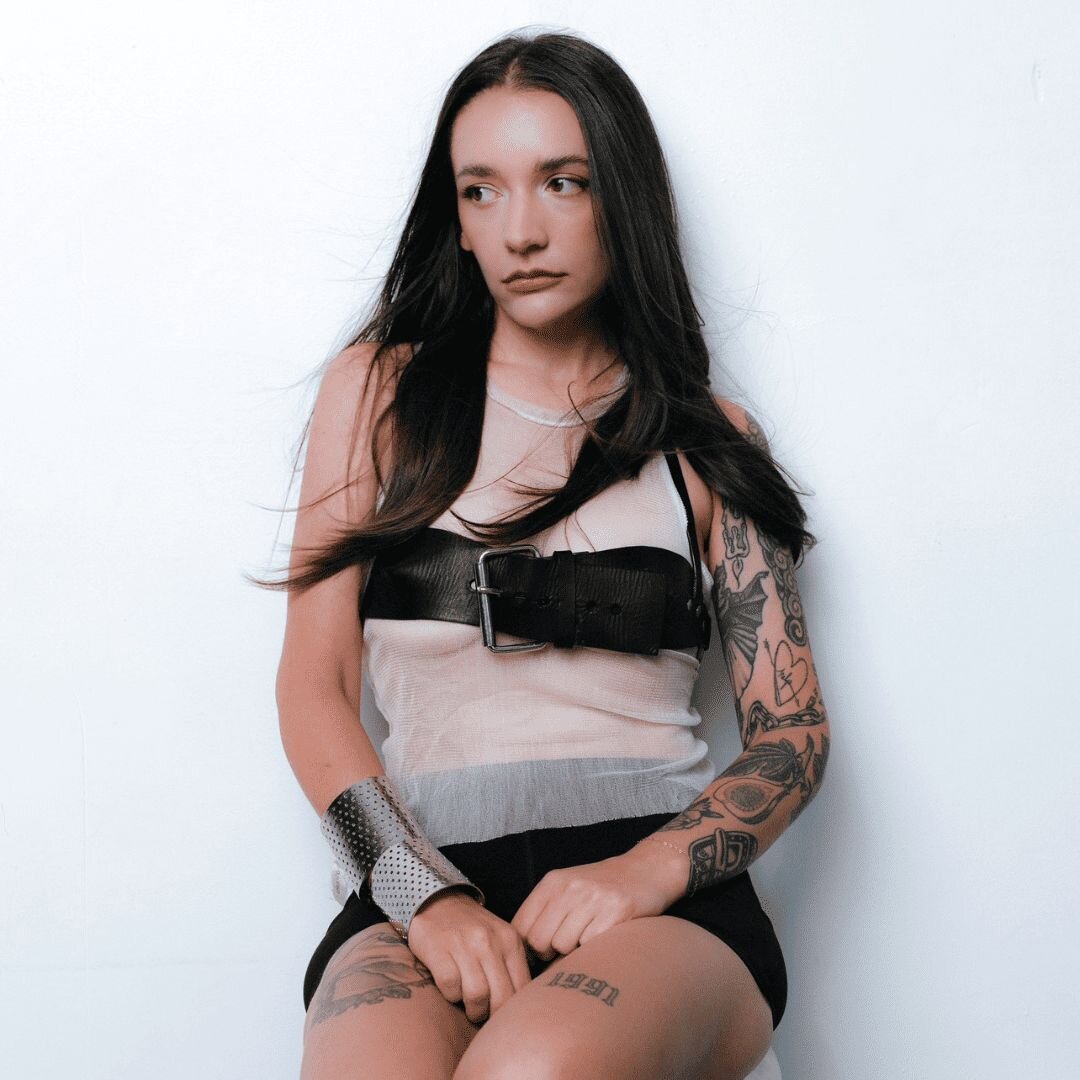
Fashion Analyst, Content Creator
Mandy Lee is a fashion analyst and writer who gained prominence through her critical commentary on fashion trends and consumer behavior. She created the "75 Hard Style Challenge," a movement encouraging individuals to engage deeply with their existing wardrobes by styling outfits daily for 75 days without purchasing new items, raking in over 30,000 participants in its first year. The challenge promotes mindful consumption and personal style development.
Lee's insights are disseminated through her newsletter, "Cyclical," where she explores the cyclical nature of fashion trends and advocates for sustainable practices. Her work resonates with audiences seeking to navigate fashion consciously and creatively.
34. Mia Westrap
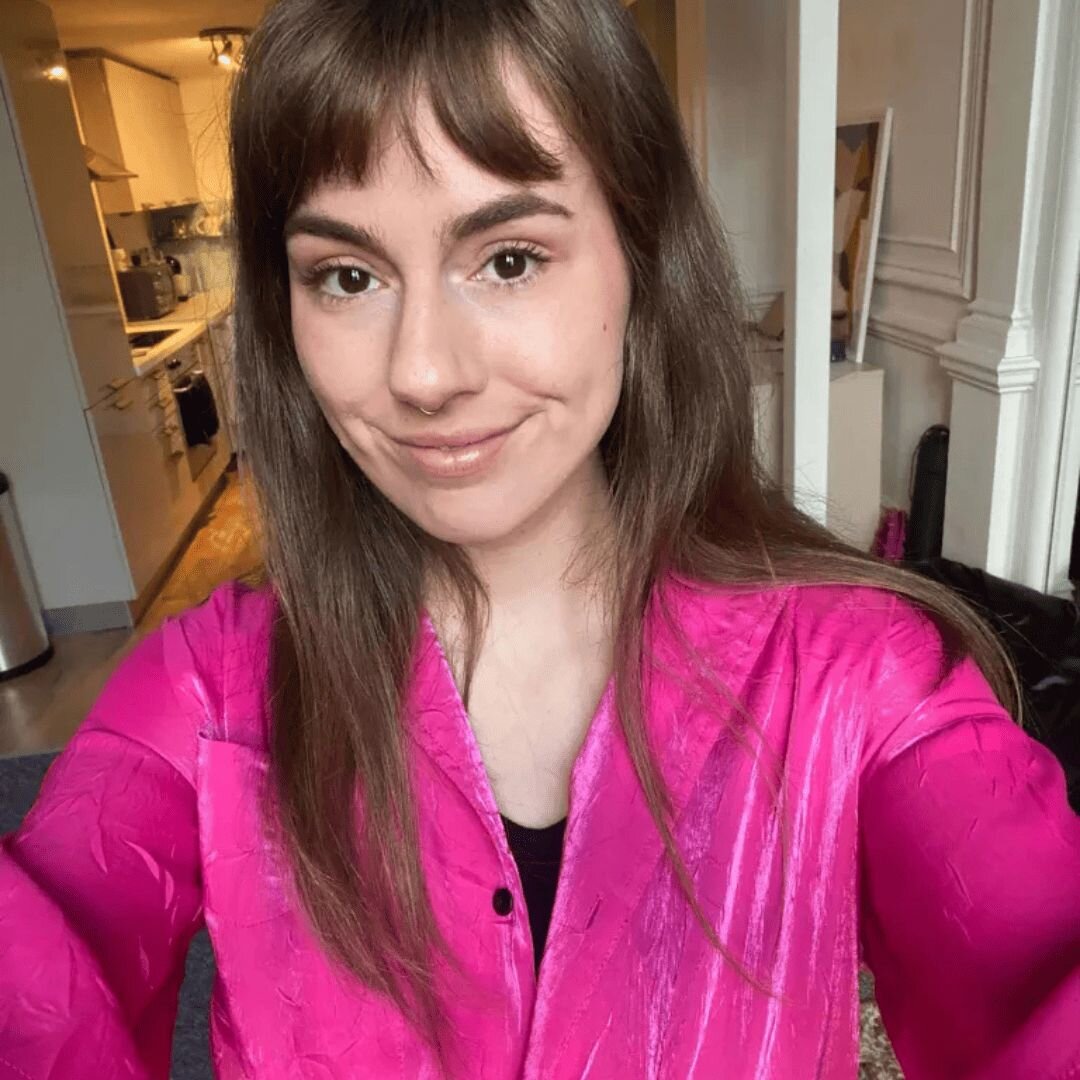
Content Creator
Mia Westrap is a UK-based PhD student who gained recognition for her candid exploration of overconsumption and financial wellness. In 2024, she embarked on a "no-buy year," committing to refrain from purchasing non-essential items to address her shopping habits and financial stress.
Mia advocates for intentional spending and self-awareness. She emphasizes that understanding one's motivations and triggers is crucial in developing a healthier relationship with money and consumption. Her approach is rooted in practicality, accessibility, and empathy.
35. Nava Rose
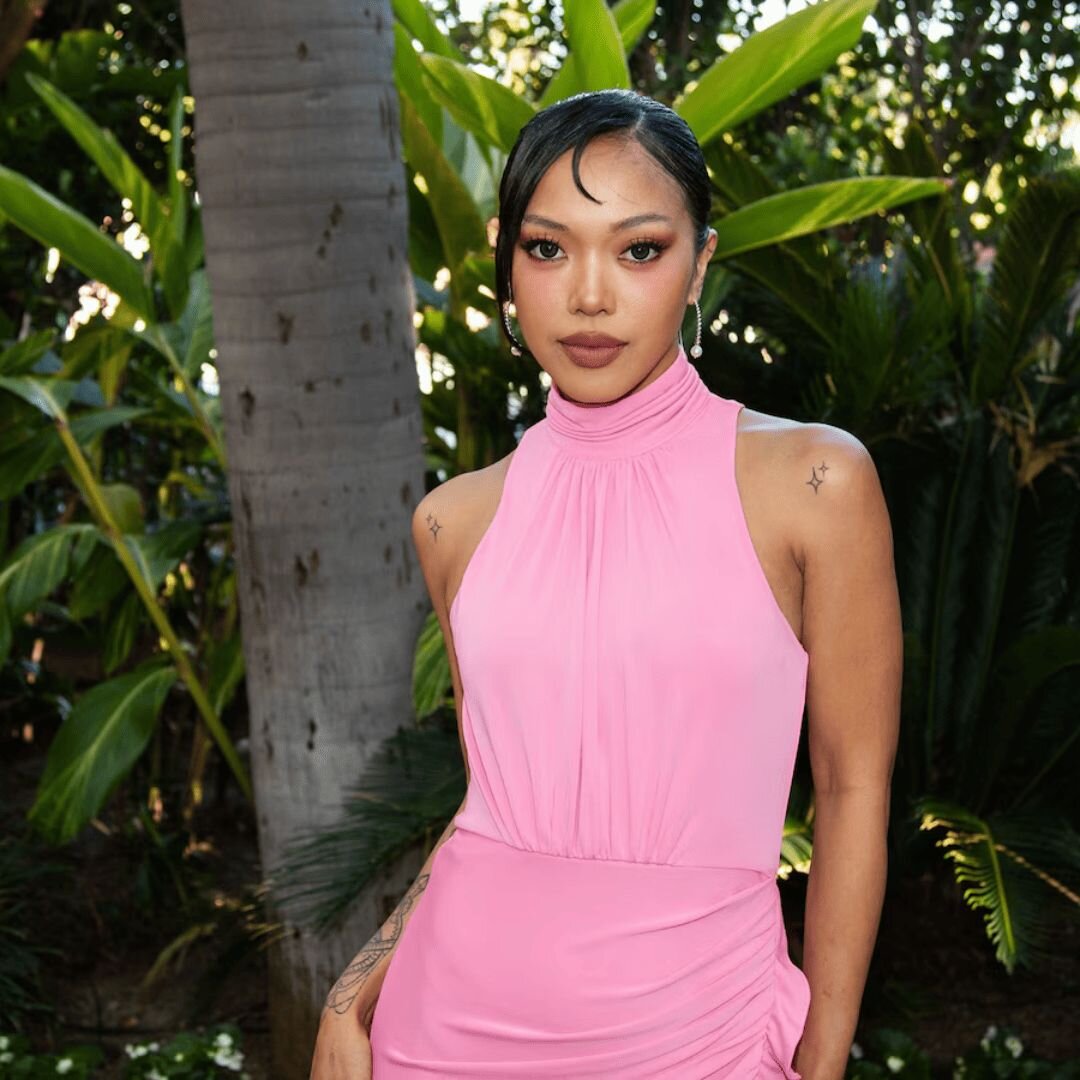
Content Creator
Nava Rose is a Filipina-American content creator based in California, renowned for her innovative approach to sustainable fashion. With a background in DIY and design, she has cultivated a significant following on platforms like TikTok and YouTube, where she shares her passion for upcycling and eco-conscious style.
In her popular TikTok series, "Sustainable Trash," Nava transforms discarded or thrifted items into fashionable pieces. From turning a damaged dress into an asymmetrical masterpiece to repurposing old fabrics into trendy outfits, she showcases the potential of upcycling in reducing fashion waste.
Nava's commitment to sustainability led to her invitation to the White House during AANHPI Heritage Month, where she represented her Filipino heritage by wearing a self-made outfit crafted from recycled materials.
36. Rosette Ale
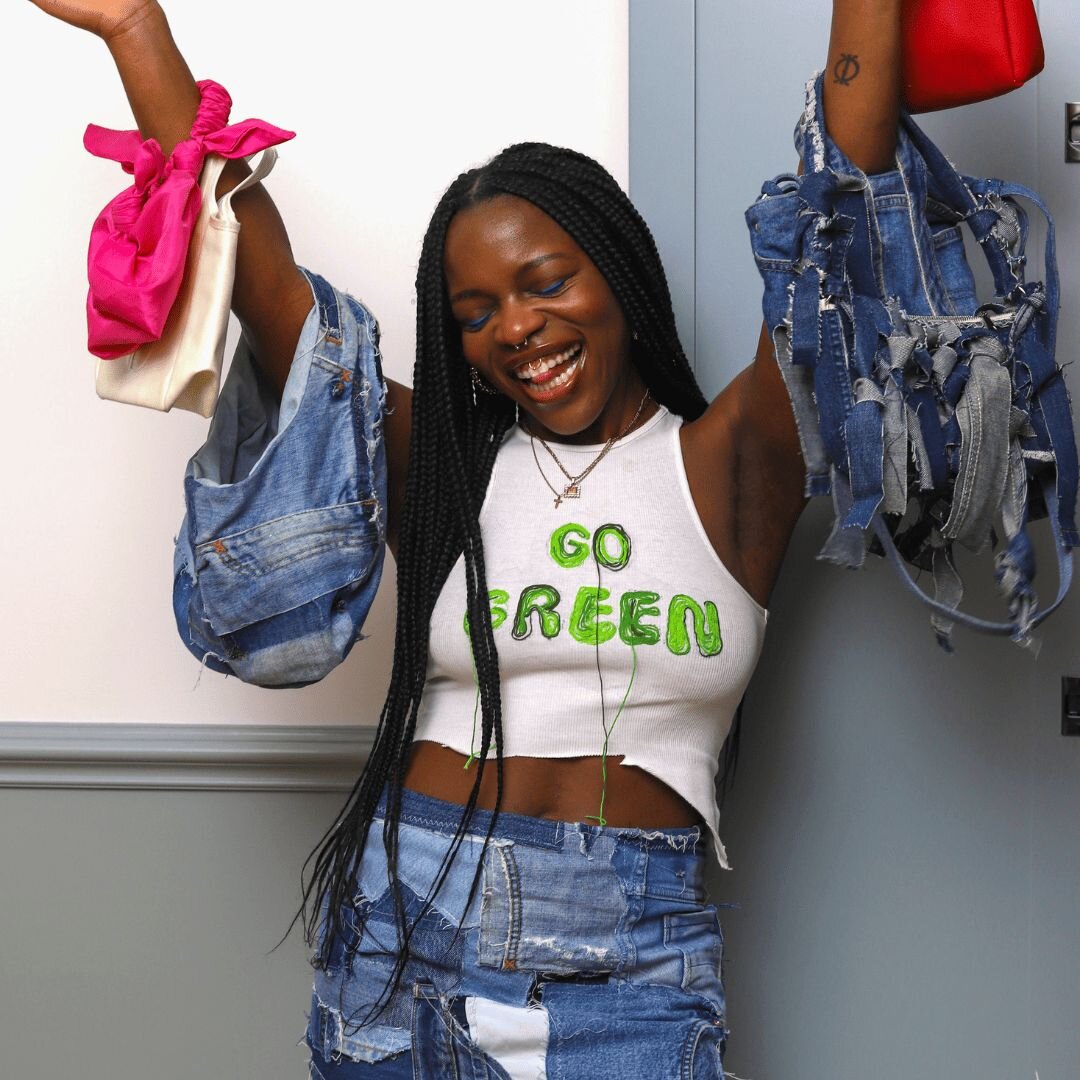
Content Creator and Founder of Revival London
Rosette Ale is a British-Nigerian and Ghanaian fashion re-designer based in London. With a background in Mathematics and Management Studies from the University of Nottingham, she transitioned from a career in social media and digital marketing to establish Revival London in 2020. Her brand focuses on transforming discarded textiles into bold, contemporary pieces, aiming to reduce fashion's environmental impact and promote circularity.
She emphasizes the importance of reimagining waste as a resource and encourages consumers to embrace sustainable fashion choices that honor both people and the planet.
37. Rosie Okotcha
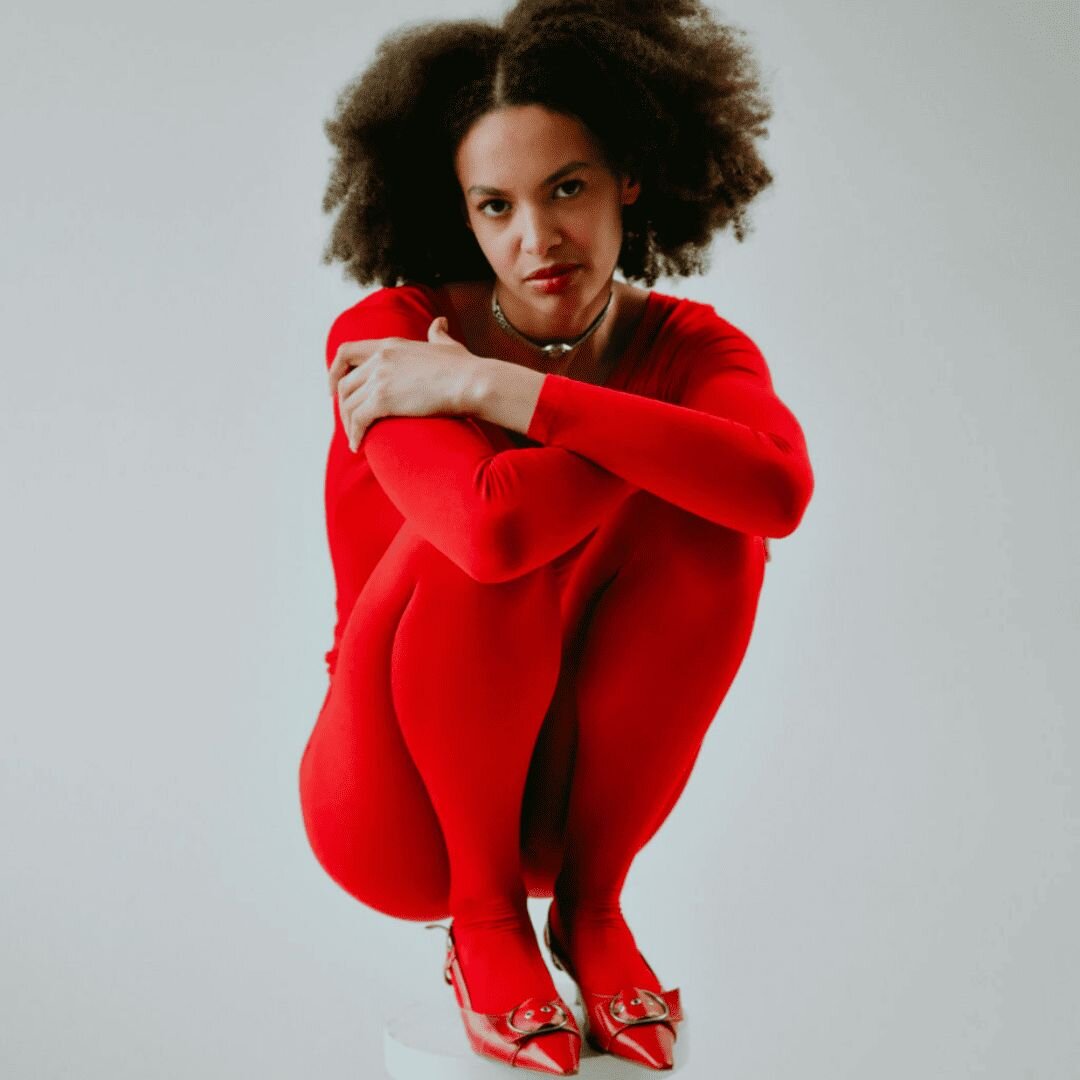
Fashion Historian and Content Creator
Rosie Okotcha is a London-based fashion historian and stylist, currently pursuing a Master's degree in Fashion History and Theory at Central Saint Martins, with a focus on sustainability. Her academic background enriches her content, providing historical context to contemporary fashion issues.
Rosie hosts a weekly series called "Thrift with Me Thursdays," where she explores secondhand shops in London and beyond, promoting mindful consumption and sharing tips on finding quality vintage pieces.
Rosie uses her platform to educate her audience on the intersections of fashion, sustainability, and social justice, often highlighting issues like waste colonialism and the importance of ethical consumption.
38. Scott Staniland
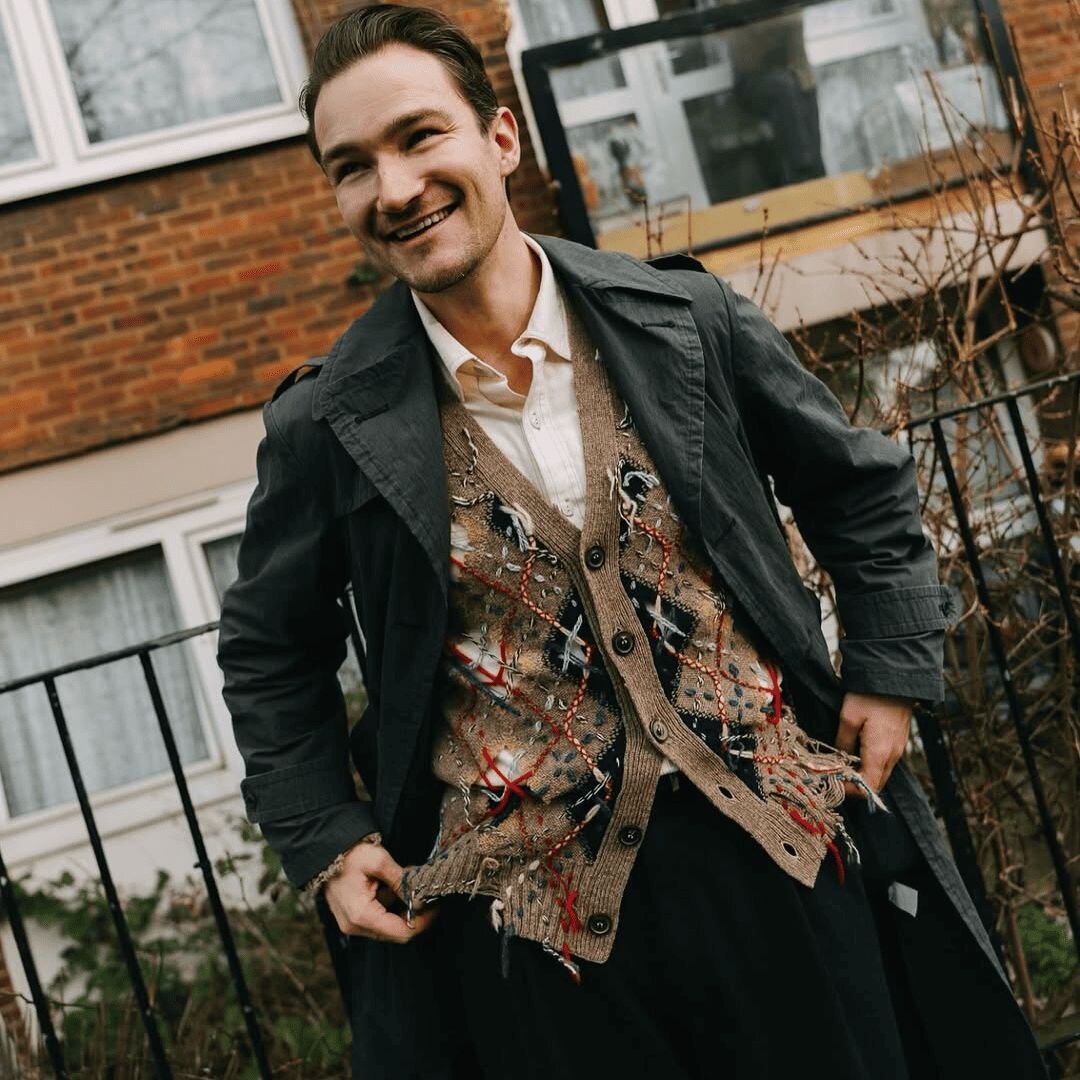
Sustainable Fashion Content Creator
Twin brothers Brett and Scott Staniland have carved a niche as sustainable fashion advocates, using their platform to challenge the norms of the fashion industry. Both brothers collaborate with ethical brands and participate in campaigns promoting sustainable practices.
Their advocacy extends to consulting roles, where they advise brands on sustainable strategies and authentic engagement with eco-conscious audiences. They are recognized for their efforts to make sustainable fashion accessible and appealing, often appearing on best-dressed lists and speaking at industry events.
39. Sophia Li
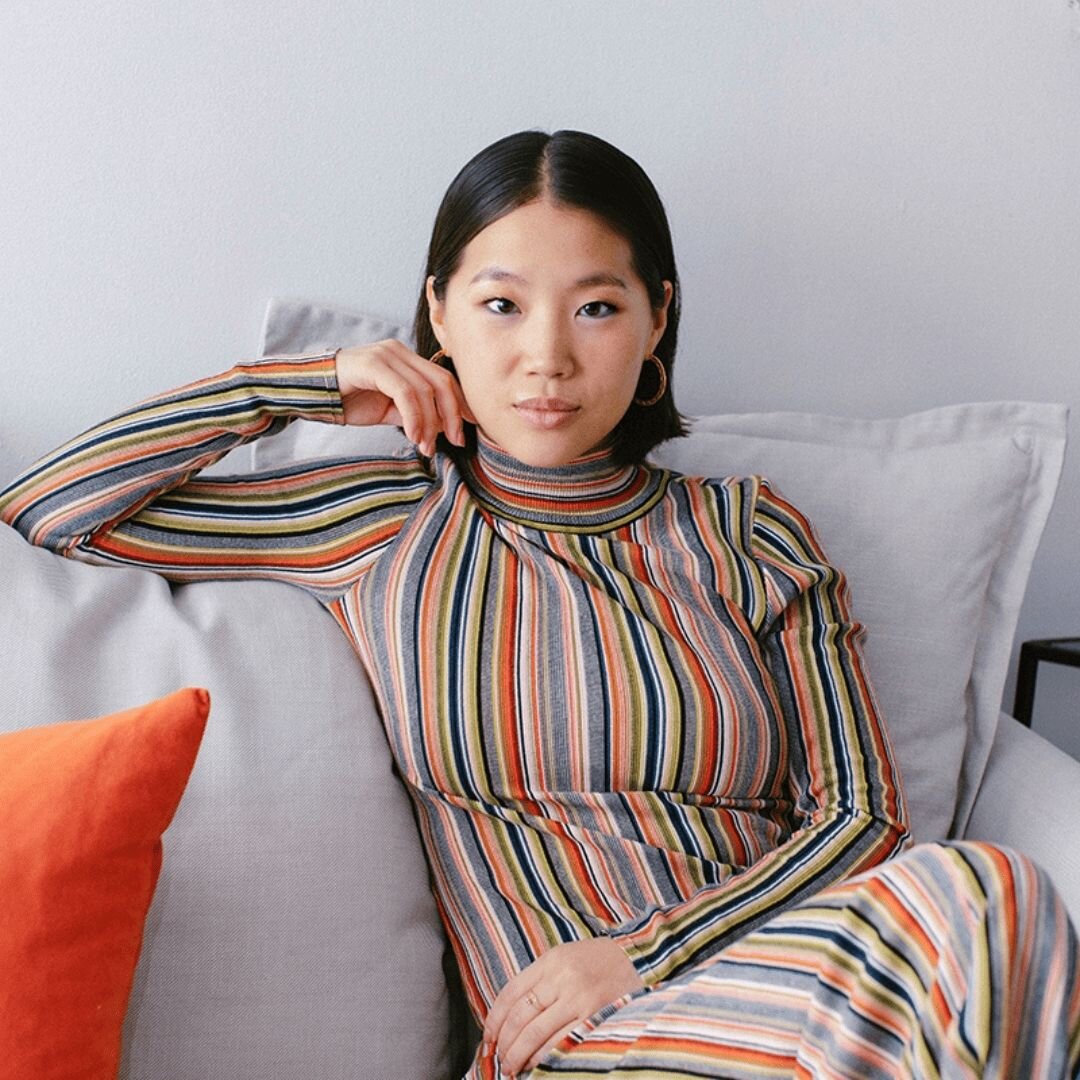
Multimedia Climate Storyteller
Sophia Li is a Chinese-American journalist and self-described “climate optimist” using media to make sustainability engaging. A former Vogue video producer, she now creates viral explainer videos, hosts panels, and co-hosts the All of the Above climate podcast. In fashion, Li has interviewed designers on sustainability for outlets like Billboard and GLAMOUR, and was an official “Climate Editor” for Vogue China. She often appears at events (e.g. the UN) discussing how culture and fashion can drive climate action. On Instagram, Sophia mixes style, activism, and approachable eco tips. Her work targets Gen Z and millennials, translating heavy climate–fashion topics into inspiring stories that motivate action.
40. Venetia La Manna

Fair Fashion Campaigner
Venetia La Manna is a British influencer turning the “haul video” culture on its head. With her “dish the dirt” videos, she calls out fast fashion giants for greenwashing, overproduction, and worker abuses. La Manna co-founded the podcast Remember Who Made Them (amplifying garment worker voices) and leads campaigns like #BoycottBlackFriday. Across Instagram, TikTok, and her Substack, she rallies her 300k+ followers to join collective actions and change shopping habits. Venetia’s work, described by Hunger Magazine, as “rewriting the rules of being an influencer”, proves activism and style can go hand-in-hand to uproot fashion’s status quo.
Something on your mind?
Share your thoughts with Whering community.
If you have an idea for an article around fashion, culture, environment, news, wellness, shopping or DIY, submit a pitch to us!
